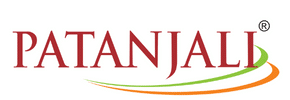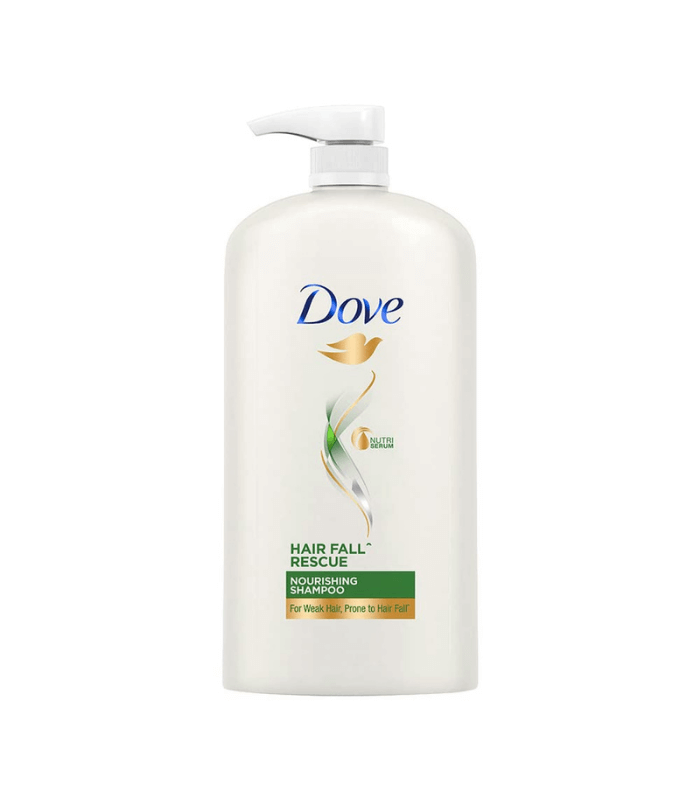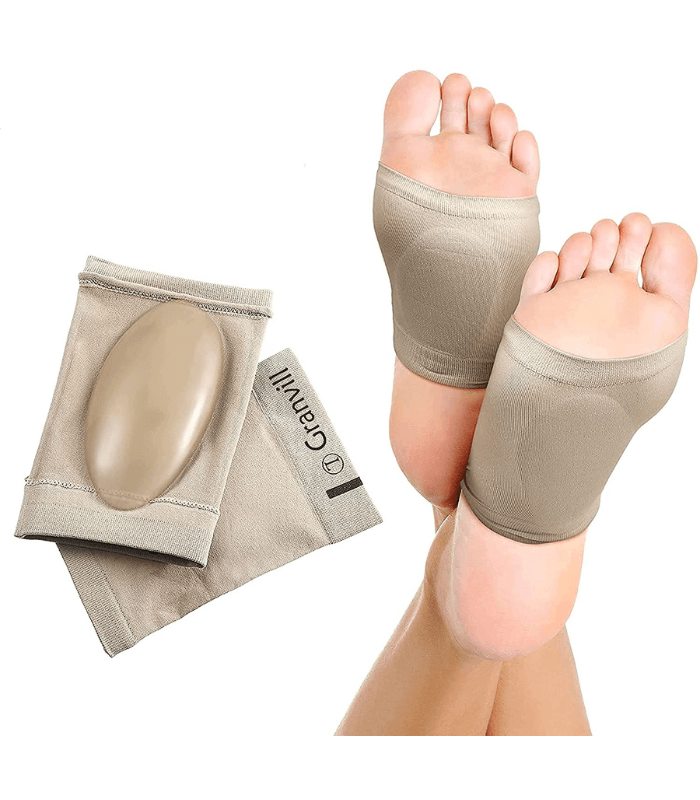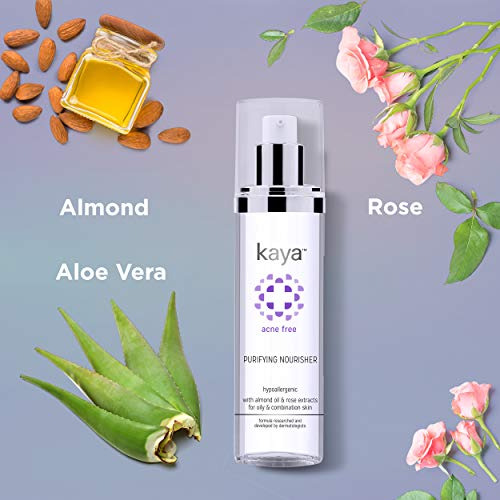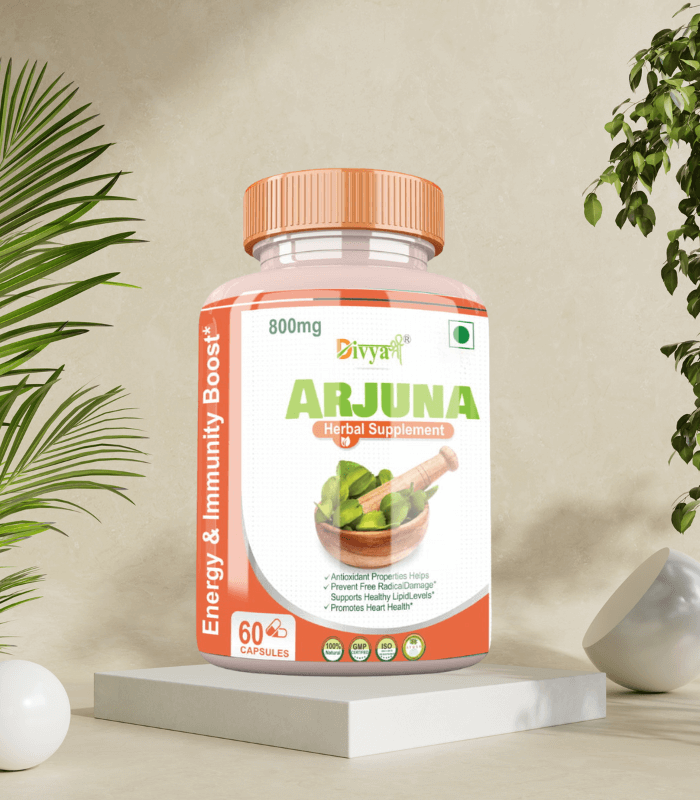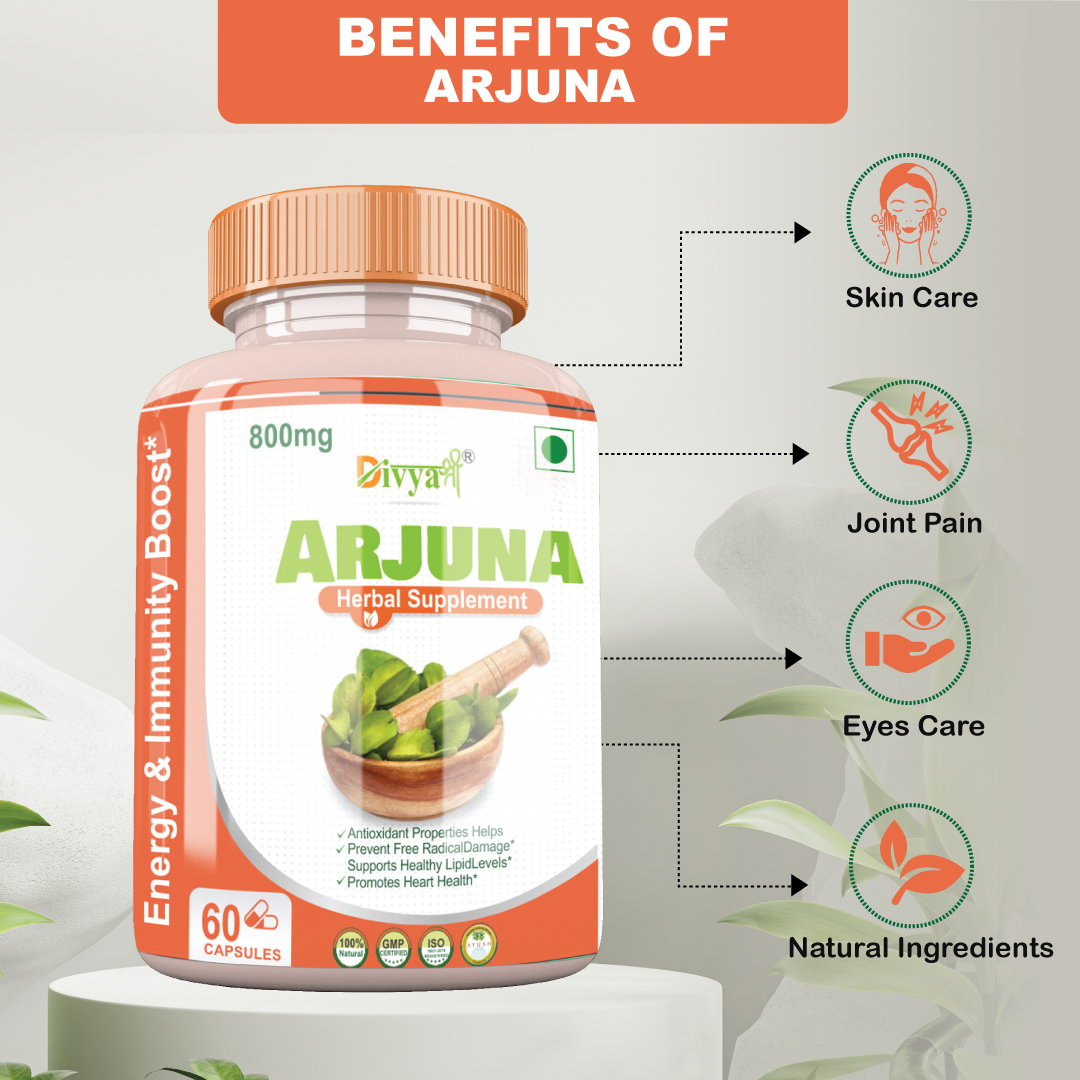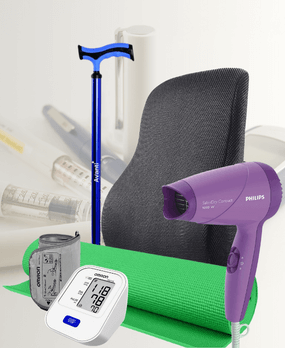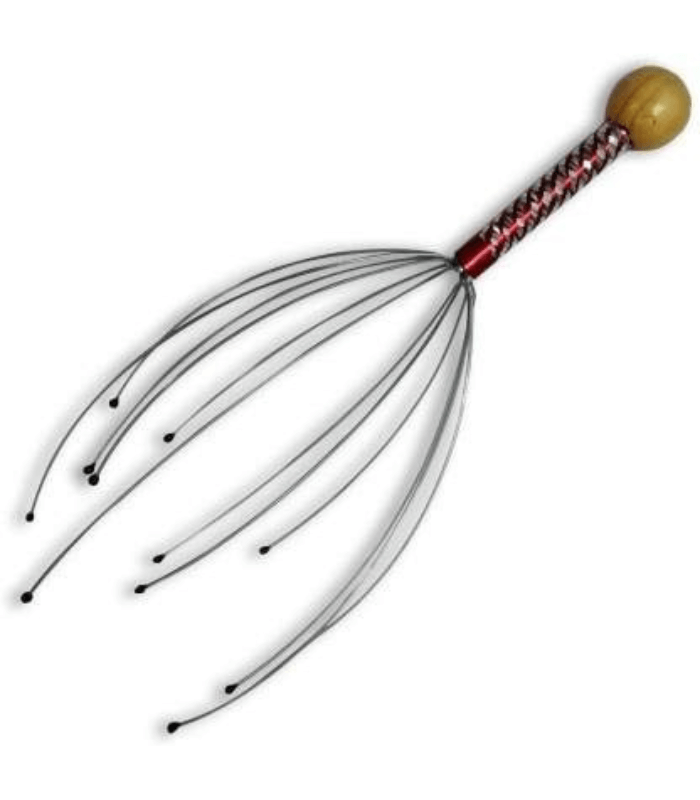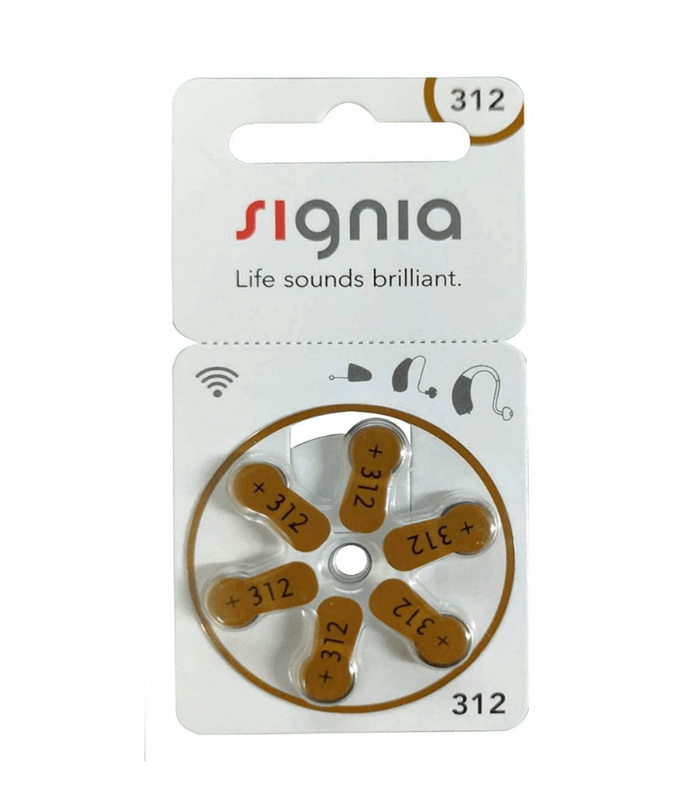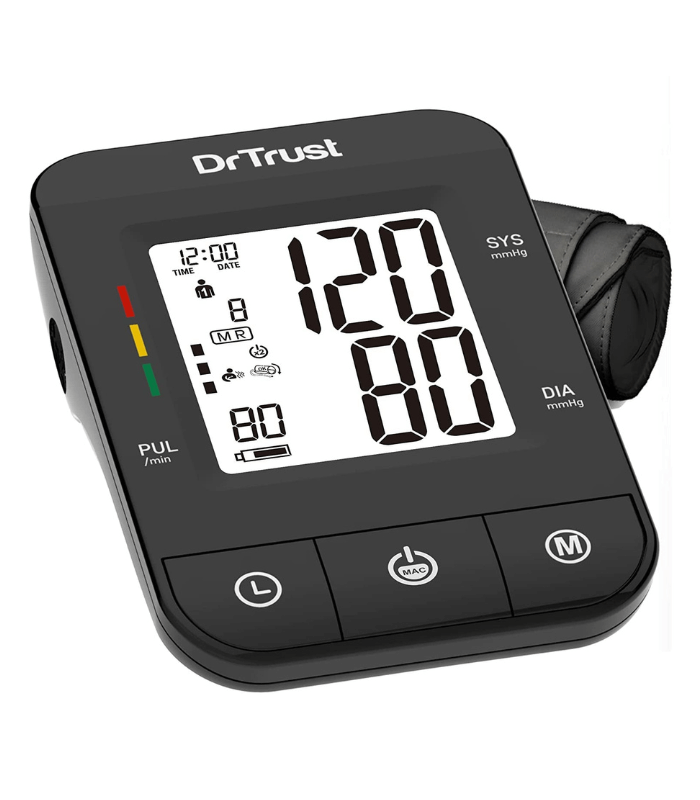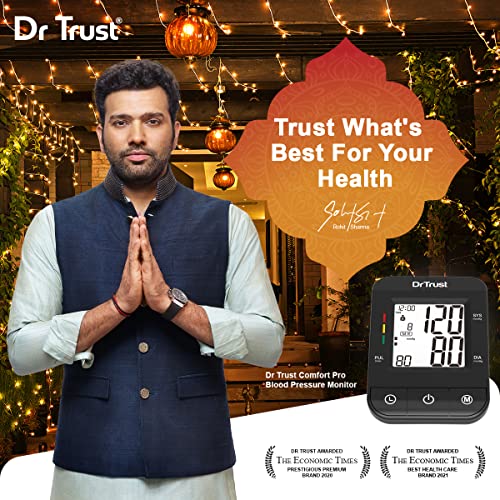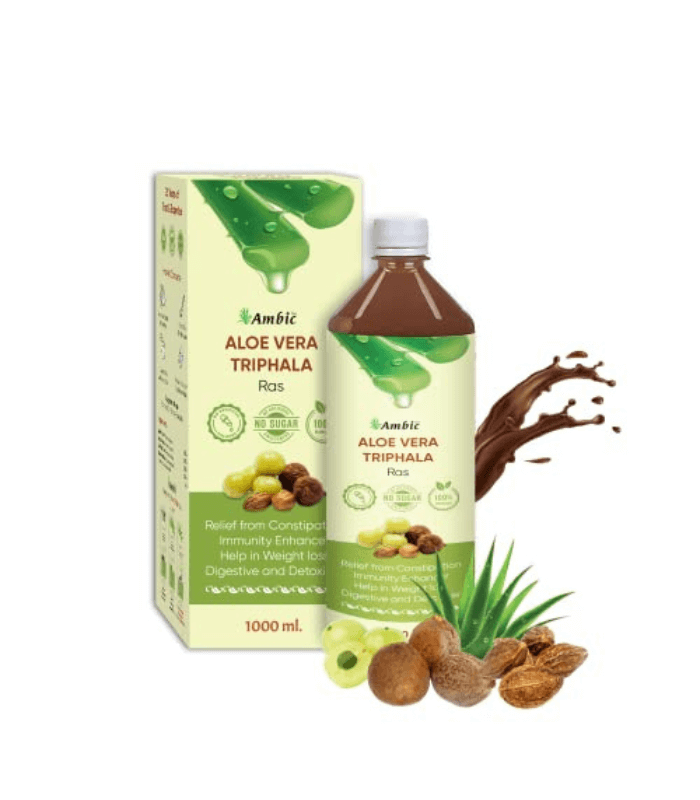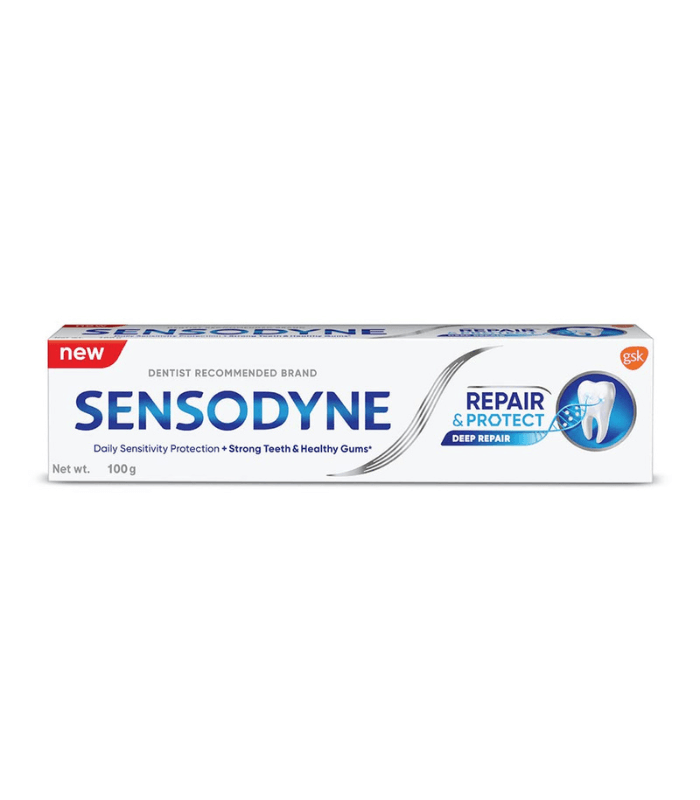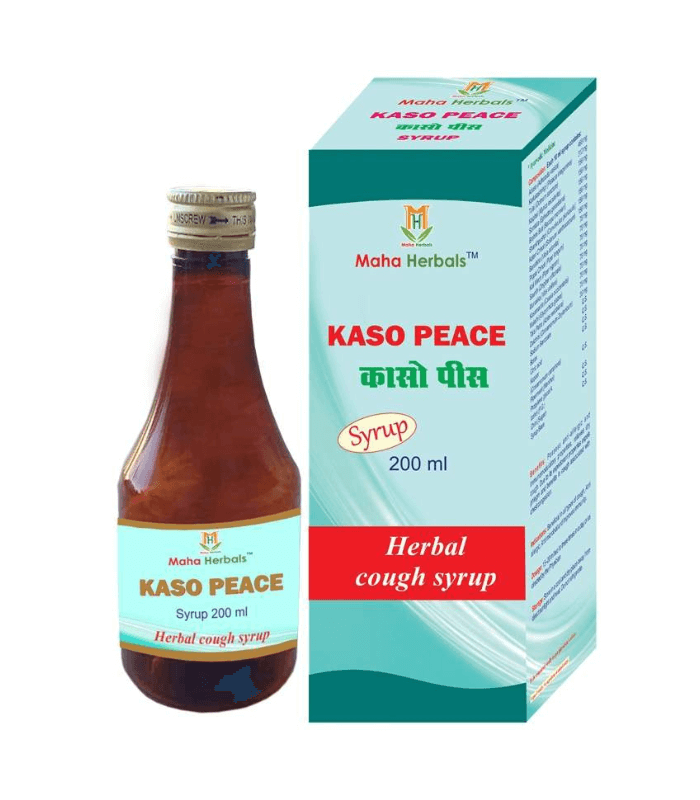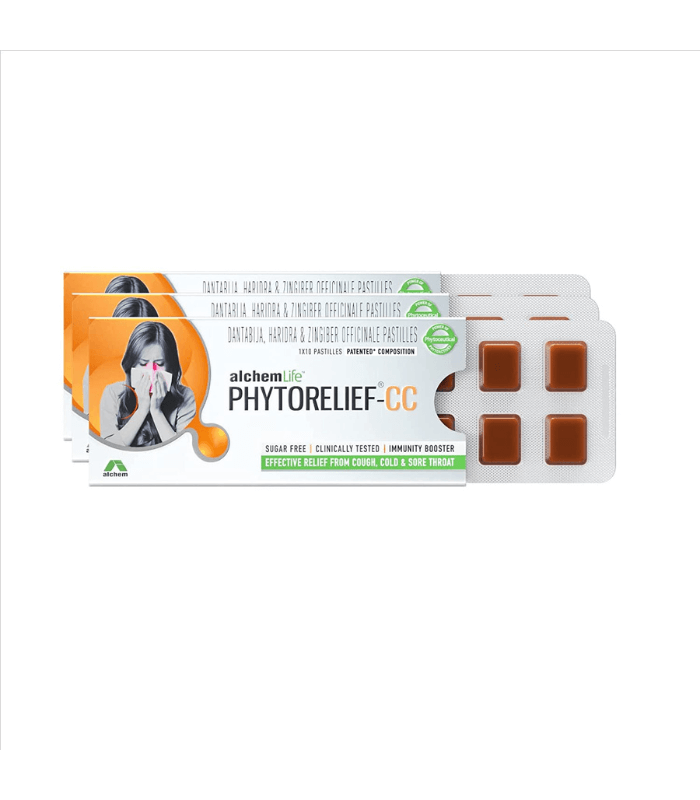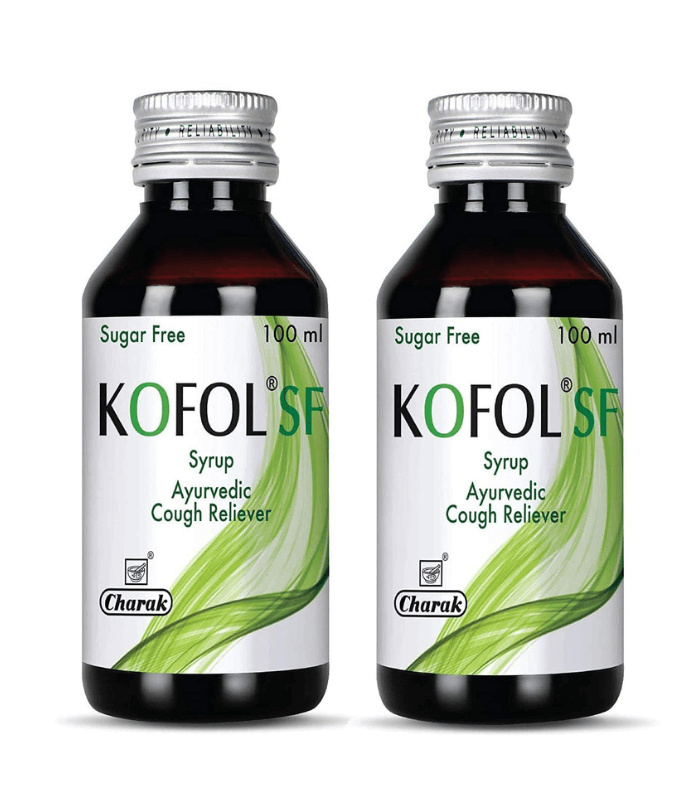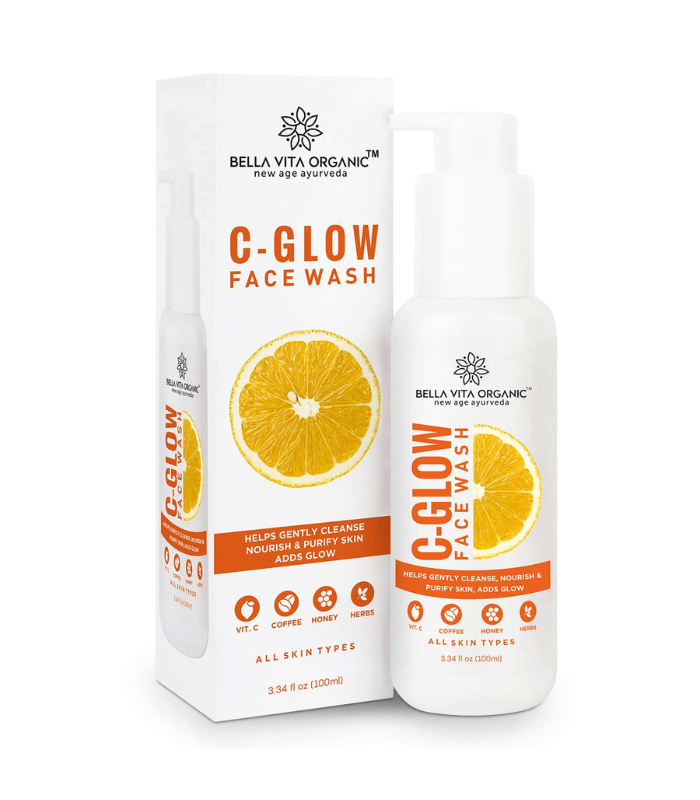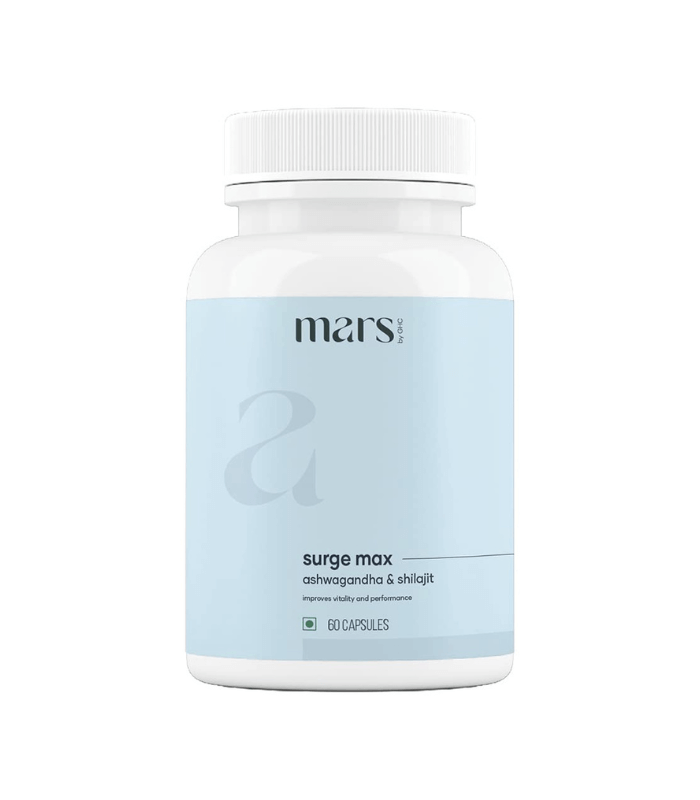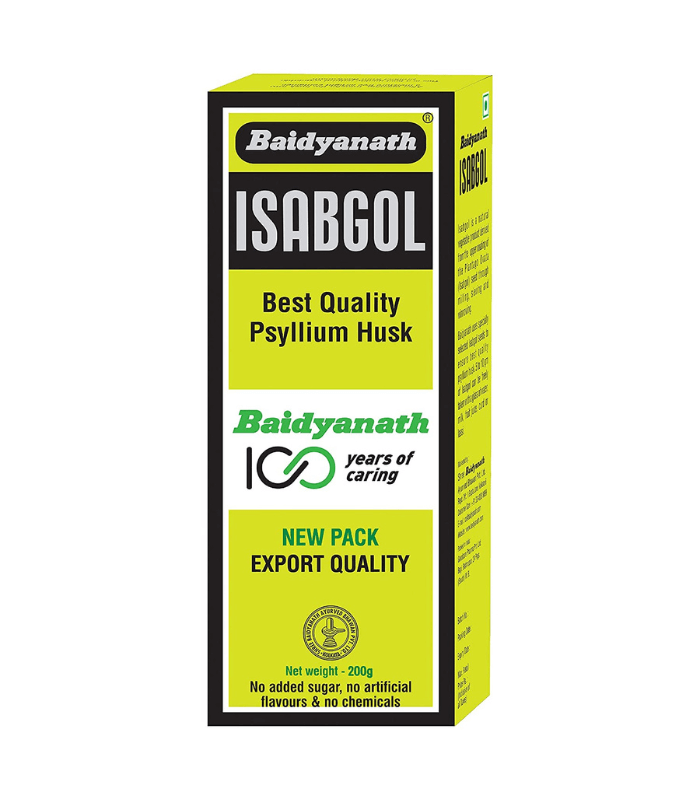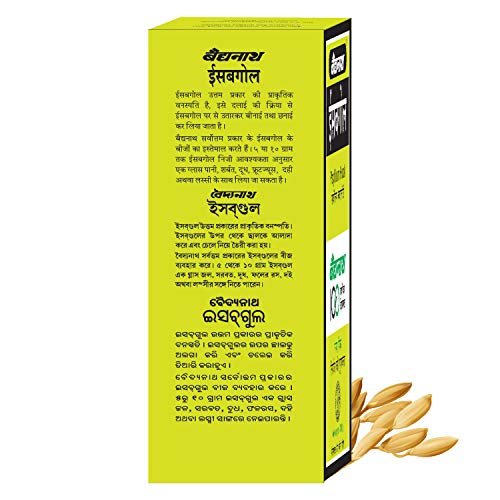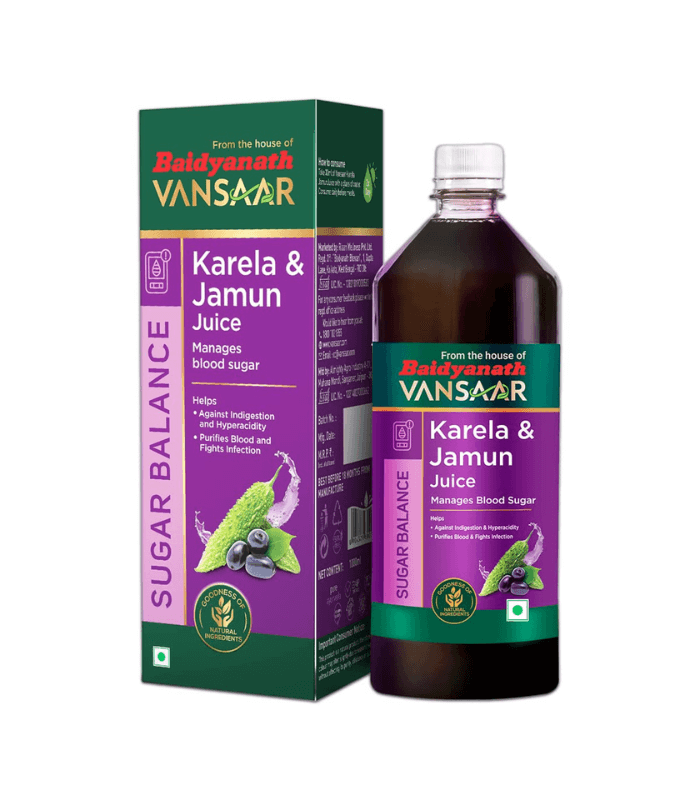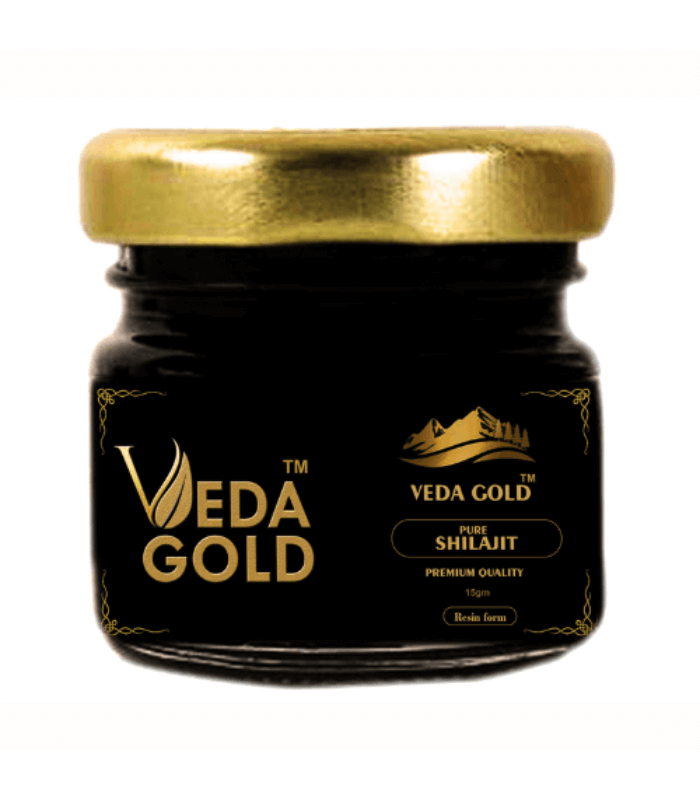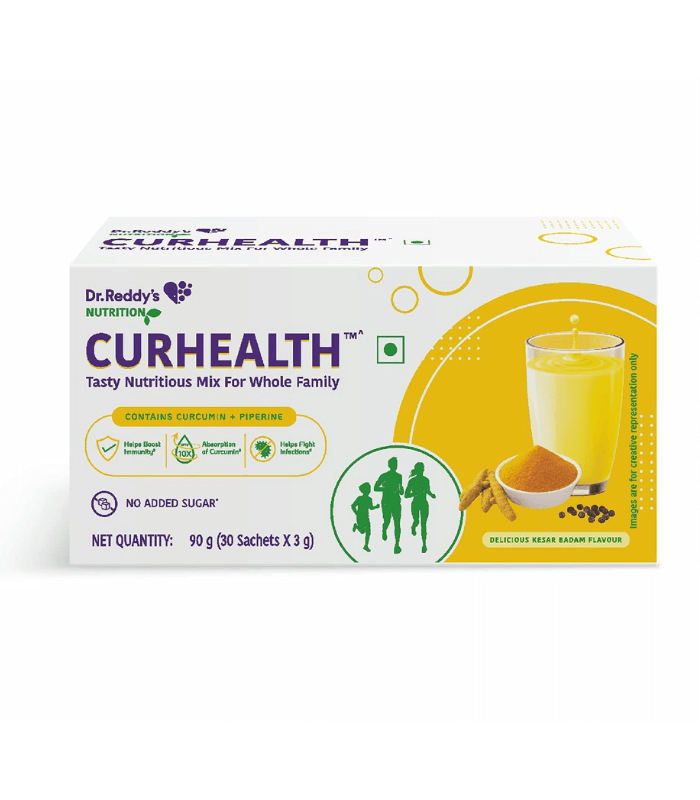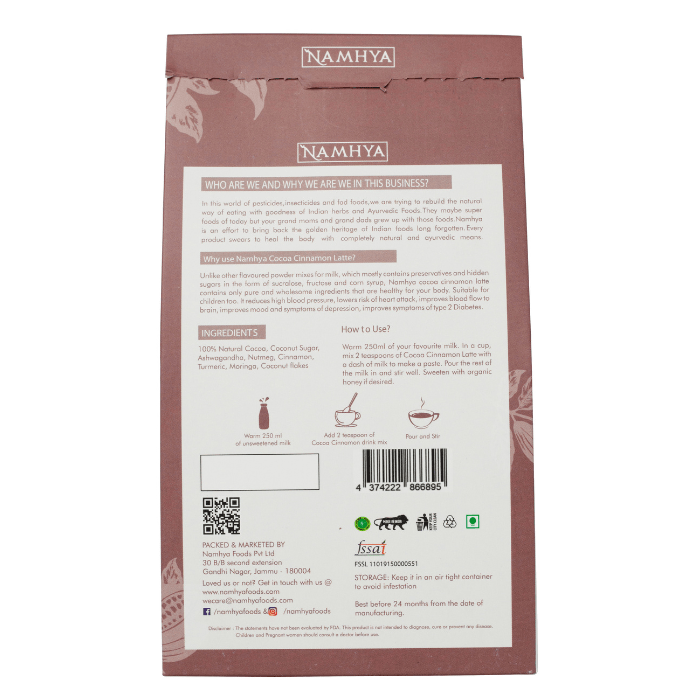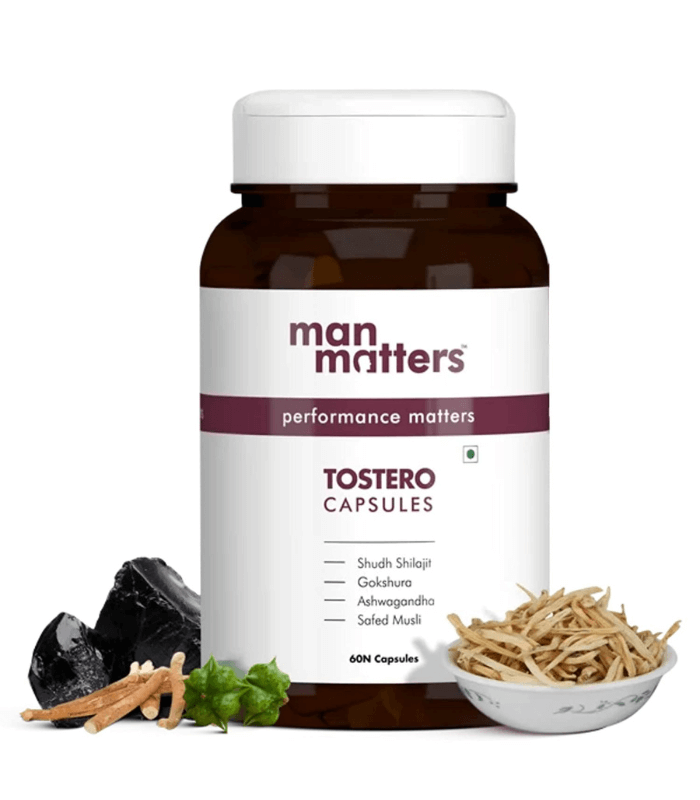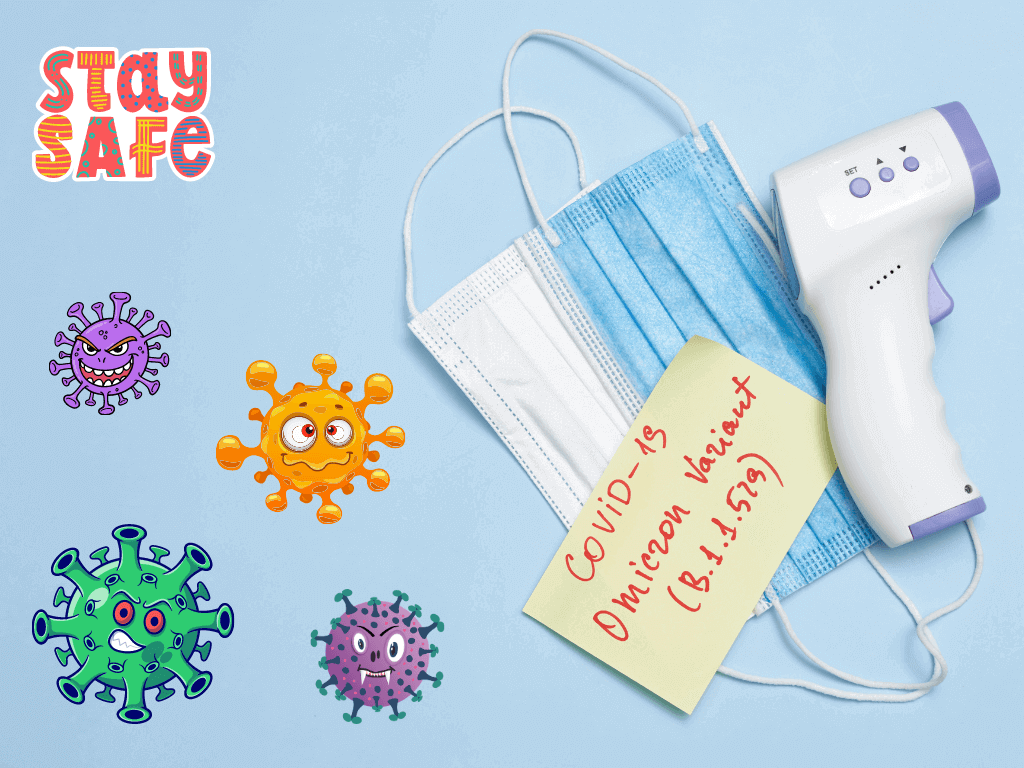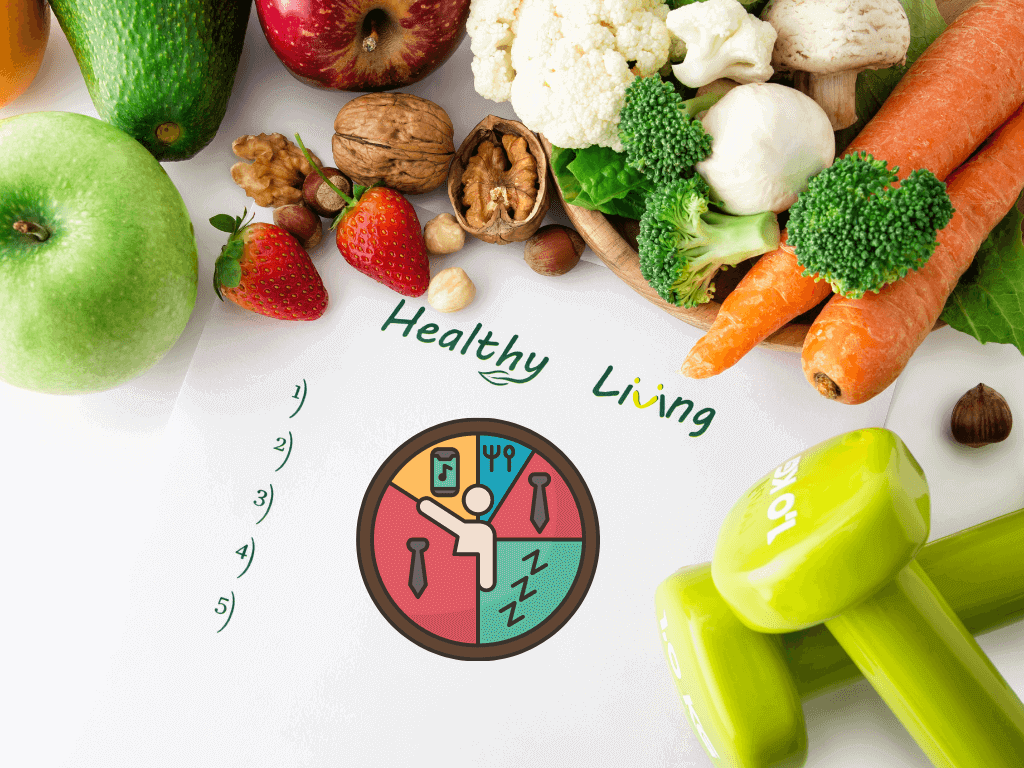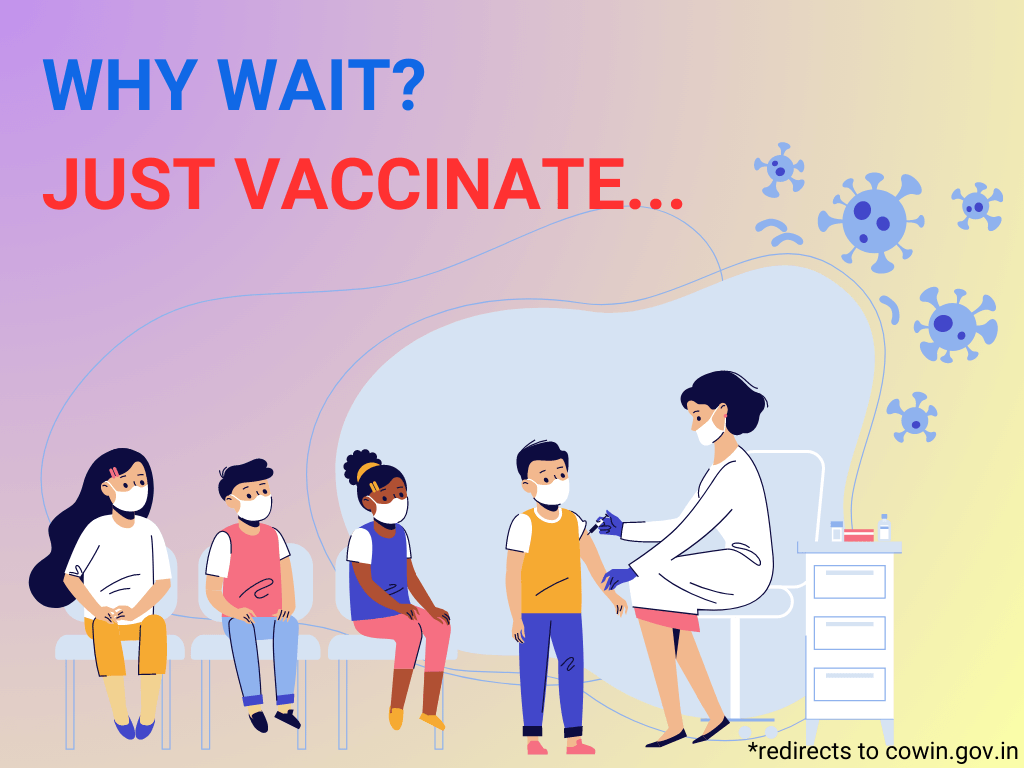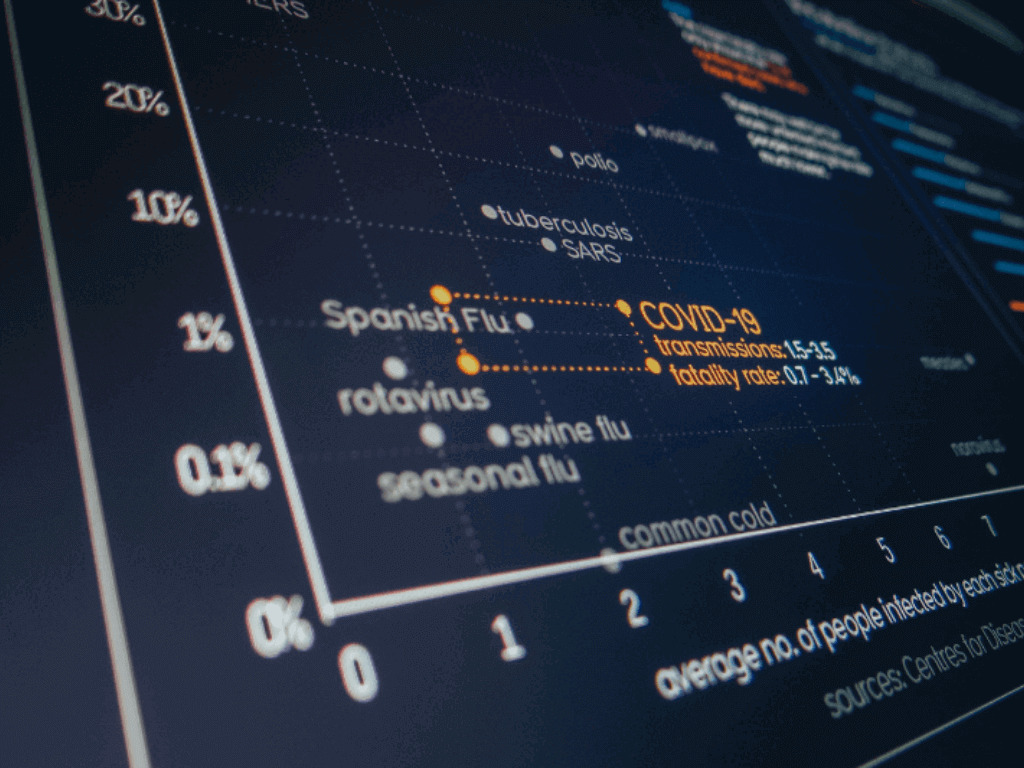























































Personal Care
Dove Hair Fall Rescue Shampoo – Hair Fall Control for Thicker Hair – 1 Litre Pack
Strengthening Dove shampoo formulated to help prevent hair fall. All Hair Types
Reduces hair fall by up to 98 percent
Deeply nourishes fragile and weak hair from root to tip
Lupicad B-Cute to Reduce Breast Size and Brighter Tone – 30 Capsules
Features of B-Cute Capsule:
- B-Cute reduction Capsule For Girls & Women’s
- Rejuvenation Tissues
- Actives the Skin Cell Production
- Helps in Cell Growth
- Penetrates deep into the Cell & Nourishes Boobs
- Improves the Contours
- Restores Elasticity & Firmness of the breast line
- Maintains Breast Size
Nicotinamide Cream 5% w/w – 30g
Skin Lightening & Dark Spot Eraser
LAKMÉ 9 – 5 weightless Mousse Foundation Mini, Beige Vanilla, Natural Matte Foundation
Extremely lightweight formula
Blends effortlessly onto skin to conceal imperfections
Matte finish that lasts through the day
Granvill Foot Care Plantar Fasciitis Arch Support Sleeves for foot pain – Compression Arch Support Sleeve, Free Size – 1 Pair
GRANVILL Foot Care Plantar Fasciitis Arch Support Sleeves for foot pain. Compression Arch Support Sleeve with soft Cushion and Neoprene elastic reusable Gel Pad for flat foot pain relief Plantar Fasciitis Heel Spurs for both Women & Men Feet Orthopedic Pad Orthotic Tool, Free Size – 1 Pair
Kaya Clinic Acne Free Purifying Nourisher, Daily Moisturizer for oily & pimple prone skin, 50 ml
Kaya Purifying Nourisher is a mild facial moisturizer that is specially formulated for those who have combination to oily and acne prone skin
One of the best face creams for pimple prone skin as this daily use moisturizer has a gentle, non greasy formula that is hypoallergenic and gets easily absorbed into the skin
A must have day cream as this contains Aloe Vera that hydrates your skin and makes it supple and soft
Divya Shree Arjuna Capsule Helpful Joint Pain, Eyes Care, Skin Care & Brain Health by Jeevan Care Ayurveda – 800gm
It helps to manage the cholesterol level in the body
It helps maintain normal blood pressure and heart rate
It helps to strengthen and tone the heart muscles and supports the proper functioning of the heart
Deals of The Month


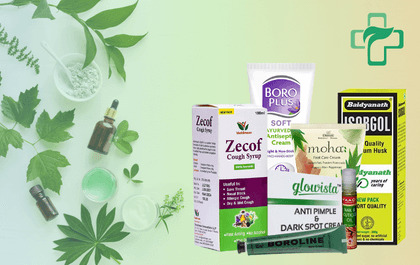






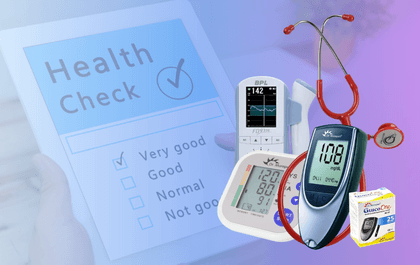

Health Care Devices
Head Hair Massage Scratcher, Gentle Beads, Stress Relief, Deep Relaxation
Suitable for home, travel and office use. Relieves stress, feels great
Remove the muscle tension and tiredness and improve the blood circulation by massaging head or points on body
Material: handle (metal), fingers (stainless steel), touch points (plastic)
Hoffen (India) Digital Electronic LCD Health Body Fitness Weighing Scale (Black) with 2 Years Warranty
High precision strain gauge sensor system
Tempered Glass 280 x 280 mm
Capacity 2.3 -180 Kg
Hannea Electric Cordless Heating Pad for Period Pain Relief | Belly Warmer Heating Pad With 3 Heat Levels 4 Vibration Modes
CARING GIFT FOR ALL LADIES: Let period time be easier for all ladies, this smart electric constant temperature heating pad is designed for relieving back pain, backache, cramp during period or daily situation. A nice and caring gift for all ladies. Quickly warm your belly and back so as to relieve pain or soreness, not just for relieving your pain, using this belly warmer often also can effectively prevent pain caused by period, letting your period be easy to go through.
3 PRESET HEAT TEMERATURES: Far infrared hot compress design, with 3 different heat temperature meets more different people’s needs. Smart constant temperature control, one button to switch, 50°C/55°C/60°C.5s quick heat up, more convenient to use. Also suitable for men with needs for relieving spine pain and stomachache.
MULTI VIBERATION MASSAGE MODES: With 4 levels of vibration massage, the menstrual heating pad can be adapted to the different states of massage intensity required. The half-wrap design fits the curve of your lower back and allows for better massage to different acupuncture points. The heat vibration effectively promotes blood circulation, calms the nerves and boosts metabolism.
Tynor Thumb Spica Splint, Grey, Universal Size – 1 Unit
Provides excellent & customized immobilization with the help of strong,removable & malleable splint.
Ergonomic design allows full hand & finger movement with sleek & trnendy looks.
Breathable and three layered fabric provides excellent comfort to the user.
Signia Hearing Aid Battery Size 312, Pack of 30 Batteries
Signia listening to assist battery dimension 312% of 30 batteries. made in Germany. 4 years shelf existence.
KosmoCare Dura Rexine Mag Wheel Regular Foldable Wheelchair with Safety Belt
Folding wheelchair with safety belt
Chrome plated steel frame with fixed arm & footrest
Superior quality wheels
Fully Automatic Comfort Digital Blood Pressure BP Monitor Machine
Mdi technology Dr Trust comfort sky measures the blood pressure accurately during inflation, you don’t need to wait for deflation resulting in a more accurate blood pressure measurement
With mdi technology, this bp monitor gives quick and more accurate results without deflating, it is more comfortable due to less pressure on arm
Lcd displays readings in Black colour digits for easy reading, it displays systolic, diastolic, pulse with date and time according to the who evaluation system by using a traffic-light colour scale
EYEGLASS STORE



Daily Essentials
Himalaya Wellness Pure Herbs Skin Wellness Tablets – 60 Count (Neem)
Manufacturer Name: The Himalaya Drug Company
Indications: Tvak Roga (skin disease)
Dosage: 1-2 tablets twice daily or as directed by the physician
Ambic Aloevera Triphala Juice I Ayurvedic Herbal Laxative I Bowel Wellness Juice for Fast Constipation Relief 1L
Ingredients: Amla ras (Phyllanthus Emblica)- Supports healthy digestion and boosts metabolism. Harad Ras (Terminalia Chebula)- Improves digestion by helping in eradicating constipation. Baheda Ras (Terminalia bellerica)- Treats low immunity and lowers constipation disorders. Aloe vera Ras (Barbadensis Miller)- Keeps the body hydrated and removes toxins.
DIGESTION AND ACIDITY RELIEF: Aloe vera Triphala juice for constipation, which is formulated with three magical fruits – Amla, Harad, and Baheda – is well-known for resolving digestive issues. Triphala helps bowel movements credit to its laxative properties. Aloe vera Triphala Juice also aids in the reduction of bloating and the recurrence of acidity.
IMMUNITY BOOSTING PROPERTIES: Aloe vera Triphala juice for weight loss boosts your metabolism and keeps you healthy and strong from the inside out. This herbal tonic strengthens the immune system and boosts the body’s resistance to infections such as colds, bacterial infections, coughs, etc. It helps in weight loss and keeps the skin glowing and radiant.
Huggies Wonder Pants, Medium Size Baby Diaper Pants, 7 – 12 kg, 50 Per Pack
Diaper pants with 3-D Bubble-Bed provides ultimate cottony softness to your baby’s skin
A flexible waistband means baby has the freedom to move in a snug and comfortable fit
Bubble Wala Huggies absorbs wetness up to 12 hours, so your baby stays dry overnight with no irritation or rashes
Pampers All round Protection Pants, Small size baby diapers (SM) 86 Count, Lotion with Aloe Vera
New Pampers all round-protection pants – best diapers for 2X Protection for your baby
Anti Rash – India’s only diapers containing Lotion with Aloe Vera that prevents rashes
Ultra Absorb Magic gel – Locks in wetness with an inner layer of super absorbent Magic Gel keeping your baby dry for up to 12 hours
Sensodyne Sensitivity Relief Toothpaste: Repair & Protect Sensitive Tooth – 100gm
Dentists recommend Sensodyne Toothpaste for sensitivity relief
Sensodyne Repair and Protect toothpaste helps repair sensitive areas of the teeth
This toothpaste is powered by Novamin, which not only provides relief in sensitive teeth, but also helps repair the sensitive areas of the teeth
Best Sellers
-
 Nisarg Organic Hemoglobin Supplements Powder
Rated 4.33 out of 5₹340 – ₹2,920
Nisarg Organic Hemoglobin Supplements Powder
Rated 4.33 out of 5₹340 – ₹2,920 -
 Lupicad B-Cute to Reduce Breast Size and Brighter Tone - 30 Capsules
Rated 4.00 out of 5₹1,199
Lupicad B-Cute to Reduce Breast Size and Brighter Tone - 30 Capsules
Rated 4.00 out of 5₹1,199₹1,299 -
 Divya Shree Aloe vera Capsule Skin Glow Healthy Hair & Face Care | Weight Management - 60 Capsule
Rated 4.00 out of 5₹699
Divya Shree Aloe vera Capsule Skin Glow Healthy Hair & Face Care | Weight Management - 60 Capsule
Rated 4.00 out of 5₹699₹799 -
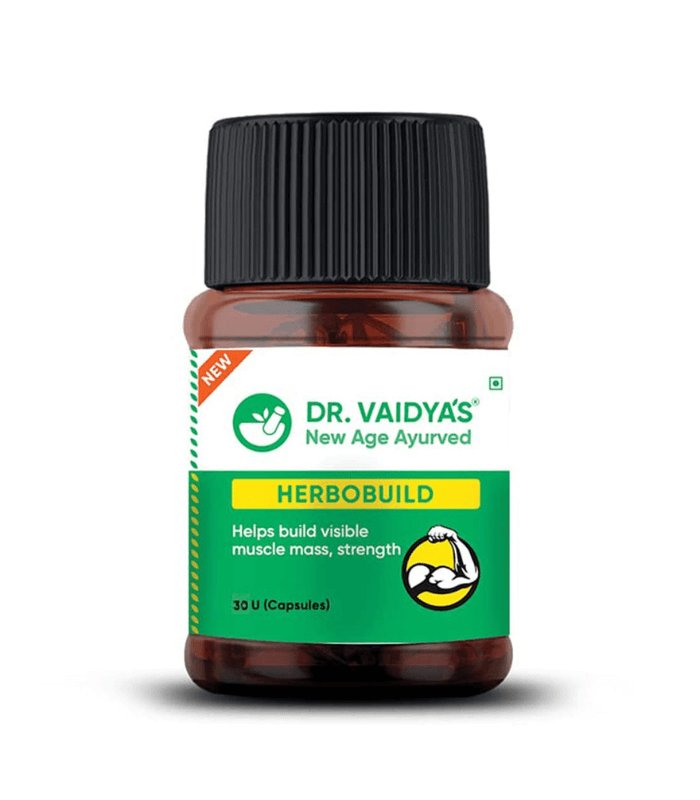 Dr. Vaidya's new age ayurveda Herbobuild | Ayurvedic Capsules for Muscle Gain | 30 capsules
₹221
Dr. Vaidya's new age ayurveda Herbobuild | Ayurvedic Capsules for Muscle Gain | 30 capsules
₹221
Medications & Treatments
Maha Herbals Kaso Peace Syrup – 200ml
Herbal cough syrup
Benefits: Possess anti-allergic and immunomodulatory properties, relieves dry cough. Due to its expectorant properties expels phlegm and benefits in cough associated with chest congestion.
Indications: Beneficial in all types of cough, Anti allergic, Anti microbial and Improves immunity.
Dosage: 1 to 2 tablespoon full 2 to 3 times in a day or as directed by the Physician.
Nisarg Organic Harde Powder
Harde or Terminalia Chebula, is a powerful fruit powder that can help to remove toxins and undigested materials from the body as a mild laxative and aid digestion. It also helps to promote general health, as well as providing support to the eyes, brain, throat, intestine, skin, liver, spleen and urinary tract. In addition, Harde fruit powder may benefit health conditions such as cancer, diabetes, inflammation and stomach disorders.
Zandu Tulsi Drops – 60% EXTRA with 2X Immunity, Powerful Cough & Cold Relief drops – 32ml (Pack of 2)
Tulsi drop helps to keep your daily health perfect with 2X* Immunity. (*Basis Laboratory N.K. Cell Activity.)
Tulsi is a versatile herb that has multiple health benefits due to its immunomodulatory, antiviral, hepatoprotective, antioxidant and anti-stress properties.
Tulsi Drops for immunity is useful in relieving cough and cold and other respiratory issues.
AlchemLife PhytoRelief- CC | Fights cough, cold & sore throat | Natural immunity booster (Pack of 3)
1. BENEFITS AlchemLife’s Phytorelief-CC helps your body fight infectious cough, cold & sore throat and boost immunity naturally. It does this by creating a protective barrier in your respiratory tract, and activating the power of your saliva to kill germs that enter through your mouth and nose. Phytorelief-CC is truly natural, scientifically developed, clinically tested, sugar-free and has no side effects
CLINICALLY TESTED & PATENTED SOLUTION: Clinical studies have proven that the usage of AlchemLife’s PhytoRelief-CC results in a significant REDUCTION IN SYMPTOMS, DURATION & OCCURRENCE OF COUGH, COLD & SORE THROAT. Studies also indicate that it significantly boosts the lysozymes count in your saliva, thereby ENHANCING IMMUNITY.
PHYTO-ACTIVES – The secret to superior efficacy AlchemLife’s Phytorelief-CC pastille contains a clinically tested patented phytoceutical solution that is a combination of powerful ‘Phyto-actives’ of Ginger, Turmeric & Pomegranate which are extracted and synergized using proprietary Phytoadvance technology.
Sri Sri Tattva Shakti Drops – Relief from Cough, Cold & Sore Throat (Pack of 10ml x 3)
BOOST YOUR IMMUNITY: Make yourself stronger from the inside with Shakti Drops that improve your immune system and fight against sore throat, cold, cough, and other respiratory issues.
BUILD STAMINA & INCREASE YOUR ENERGY LEVELS: Made from a blend of 8 ayurvedic herbs, our immunity booster drops for kids and adults help to build stamina, improve performance, and increase energy levels.
IMPROVE YOUR DIGESTION & STOMACH ISSUES: Upset stomach, congestion, or acidity? Add a few drops of the immuno-boosting Shakti Drops to kadha or water for an instant relief from stomach & digestive issues.
Curkey | 5 strips of 10 pastilles each | Quick Relief from Sore Throat | Fights Viral & Bacterial Infections- Cough & Cold | Builds Respiratory Immunity
The Real Power of Turmeric: Every Curkey pastille has 100 mg of Curcumin, the active ingredient of turmeric (Haldi- Curcuma longa) that has anti-inflammatory, anti-bacterial, anti-viral, and antioxidant properties. Curkey has powerful Curcumin, which is extracted from natural turmeric. Turmeric contains just 3% Curcumin, so if you were having plain turmeric you would have to consume 30 glasses of turmeric milk for it to do the work of one Curkey pastille!
Highly effective: When Curcumin in Curkey dissolves in mouth, it directly gets absorbed into the blood. This is because of a technology called Buccal Absorption Technology (BAT) that creates 9 times more bio-availability factor. The result is quick relief. We call it the genius of its suckable pastille format that comes in a tasty mint flavour!
Clinically Proven: Sore throat can be an indication of various respiratory complications like cough, cold, flu or respiratory infection. Curkey not only provides quick relief from throat irritation, swelling, pain but also works as an immunity booster. Its anti- bacterial, ant-viral & anti-allergic action gives relief from associated symptoms like cough and cold. Curcumin is clinically proven for its benefit in respiratory tract infections. If you make a habit of taking Curkey- throat lozenges for sore throat regularly, its antioxidant properties can help build your body’s natural immunity against seasonal and recurring infections. That’s why even doctors recommend Curkey!
Charak Pharma Kofol Sugar Free Syrup for Cough – 100 ml (Pack of 2)
Manufactured by charak pharma private limited
Cough due to varied etiology
Dosage: 10 ml thrice daily
Eye Care
Polarized Sports Sunglasses Mirror Wrap Around Driving Fishing Men & Women
Anti-slip designed Legs – This pair of men’s polarized sunglass has rubber on the temple which gives you an outstanding anti slip performance
Comfortable Nose Pads Design – This pair of polarized sunglasses for men with its one-piece nose pads design which is anti-slip will and won’t oppress nose bridge. It will make you more stable and more comfortable to wear
POLARIZED LENS – 100% UV400 protection coating, blocks 100% harmful UVA & UVB Rays. Polarized sunglasses reduce glares of roads, water, snow, and other horizontal surfaces
CREATURE Basic Black Aviator UV-Protected Unisex Sunglasses
Care Instructions: Blow some air on lens before cleaning to avoid scratches. And use only creature cleaning cloth provided by Creature Sunglasses.
Packer: Creature Retail Pvt Ltd, House No-43 New Arya Nagar Ghaziabd Pincode-201009, 9560012282
Blue Light Blocking Computer Glasses Retro Semi-rimless Style Reduce Eye Strain Video Game Eyeglasses Men Women Black
Half frame style, anti-blue light lenses, spring hinge temples, and all the details make vintage computer glasses become durable enough for long time using and ensure you a perfect performance.
Protect your eyes from harmful blue light when you watch TV, look at computer, tablet, smartphone or other electronic devices. Perfect for office and home, keep a pair at your desk.
Anti-blue light Lens- Blue light blocking eyeglasses can filter 90% blue rays, reduce eyestrain, prevent eye dry, minimize headache and make you sleep better
Koochie-Koo UV Protected Unisex Sunglasses With Protective Case for Kids 2 – 6 Years
MATERIAL: Frame and the glasses are made of hard plastic. The sunglass is highly durable and provides a stylish look to the kid.
LIGHTWEIGHT: The lightweight design makes it favourite for kids and parents. The lightweight design makes it comfortable to wear long hours.
UNIQUE CASE DESIGN: The sunglass case is uniquely designed for the kids. The car shape design makes the case attractive towards the kids.
Aquacolor Daily Disposable Zero Power Color Contact Lenses (10 Plano Lens/Box) (Naughty Brown)
Extremely soft and comfortable :- These lenses are made from Polymacon which keeps the contact lenses soft and comfortable. .
Biomoist :- The biomoist packaging formulation provides a soft feel which helps to optimize comfort for your eyes.
UV protected lenses :- The built-in Class II UV blocker protects your eyes from, on average, 87% of UVA and 97% of UVB radiation from the sun & prolonged digital device usage.
Eye Care Products (Delhi) Trial Frame, Adjustable
Individual adjustment for temple length and angle.
Horizontal and Vertical bridge adjustment.
Light Weight And Fully Compact.



The world of Ayurveda
Bella Vita Organic Vitamin C Face Wash for Oily to Normal Skin, Hydration, Brightening – 100ml
Made with natural ingredients, the Vitamin C Face Wash gives your face a natural glow. Apart from giving your skin a deep cleansing, it controls excess oil secretion, de-tans, and also helps to brighten skin as well as an even skin tone. It also deep cleanses your pores and skin from dirt, pollution & dead skin cells.
C Glow Face Wash is completely sulfate & paraben free which helps you deal with skin concerns from within without causing any further damage. It is the best face wash for those whose skin is exposed to dirt and pollution every day.
Mars by GHC Shilajit, Safed Musli , Gokshura & Ashwagandha Capsules to Boost Immunity | Stamina Booster For Men | 60 Tabs
Ayurvedic Ingredients: Our formula contains Ashwagandha, Shilajit, Safed Musli, Gokshura, and Shatavar and total 10 natural herbs
ORGANIC, VEGETARIAN & GLUTEN-FREE: Each bottle contains 60 capsules made from all natural, pure ingredients.
INCREASE MUSCLE STRENGTH & RECOVERY: Power up with our original supplement that helps with muscle gain and enhancement for improved sports activity.
Baidyanath Vansaar Isabgol – Psyllium Husk Powder – 200gm | Effectively Relieves Constipation | Fibre Supplement for Digestion
HELPS REGULARISE BOWEL MOVEMENTS: Isabgol is considered as an age old remedy for healthy bowel movements. Baidyanath Isabgol helps relieve constipation and digestive distress.
ACTS AS A DIGESTIVE
HELPS WITH WEIGHT MANAGEMENT
Baidyanath Karela Jamun Juice – 1 Ltr – Controls Blood Glucose levels naturally | Organically Harvested Ingredients
Helps Control Sugar Levels
Active Digestive System
Loaded with Vitamins & Nutrients
Pure shilajit resin Veda Gold Pure Shilajit – Premium Quality Resin Form
Pure shilajit resin contains Fulvic corrosive, Humans, and Humic Acids, which have antibacterial and antiviral properties.
Dr. Reddy’s CURHEALTH – Immunity Booster Nutritious Mix Powder, Blended with Curcumin Extract & Piperine 90g (30 Sachets x 3g)
Dr. Reddy’s – Immunity Booster
More potent than dry powder of Turmeric
Strengthens immune response to illness and infections
Effective anti-infective property against virus and bacteria
Namhya Cocoa Cinnamon Latte (100g) with Nutmeg, Moringa & Ashwagandha
- Improves symptoms of type 2 Diabetes.
- Helps keep your skin shiny and smooth.
- Helps to reduce the acne forming bacteria.
Bella Vita Organic De Tan Removal Face Pack For Glowing Skin, Oil Control, Acne, Pimples, Anti Blemishes, Pigmentation, Tanning & Brightening, 100 gms
De Tan Face Pack by Bella Vita Organic is crafted by experts to improve your skin tone, brighten your face and give you a glowing skin while helping with oil control.
Enriched with the goodness of natural and ayurvedic ingredients, this De Tan pack works on TAN removal, soothing inflamed skin and removing impurities from your face and neck, giving it a glow, and making them bright and radiant.
It is easy to apply and remove because it comes with a creamy, thick clay like texture that helps in Nourishing, Brightening, Smoothing and Cleansing the face which ultimately leads to you having a radiant skin.
Mahalaxmi Ayur 69 Delay Spray : For Longer, Harder & Long-lasting Erection – 20ml
- Works by relaxing up the veins in your penis
- Increment blood to stream into the penis and produce an erection
- Profoundly successful in giving life and imperativeness
- It assists with further developing muscle strength by advancing muscle development
- Easy to use and get instant result
- Help energy levels and endurance upholds a typical and raised temperament
Personal Hygiene
Mars by GHC Shilajit, Safed Musli , Gokshura & Ashwagandha Capsules to Boost Immunity | Stamina Booster For Men | 60 Tabs
Ayurvedic Ingredients: Our formula contains Ashwagandha, Shilajit, Safed Musli, Gokshura, and Shatavar and total 10 natural herbs
ORGANIC, VEGETARIAN & GLUTEN-FREE: Each bottle contains 60 capsules made from all natural, pure ingredients.
INCREASE MUSCLE STRENGTH & RECOVERY: Power up with our original supplement that helps with muscle gain and enhancement for improved sports activity.
Man Matters Pure Himalayan Shilajit Ashwagandha, Gokshura, Safed Musli & Kesar Capsules | 20 Herbs | 60 Tablets
AYURVEDIC SECRET TO GOOD HEALTH: These Capsules contain a mix of 20 Ayurvedic herbs like Shilajit, Gokshura, Ashwagandha, Safed Musli and Saffron. Ethically sourced, they are the purest form of ingredients.
HIMALAYAN SHILAJIT: The shilajit used in these capsules are brought in from Himalayan range. This high-quality ingredient is 100% pure and natural, making it a perfect fit in this formula. Give your body nature’s gift packed in these tablets.
PUREST ASHWAGANDHA: Our natural ashwagandha supplement is certified organic by the Ministry of AYUSH and contains only root extract which has superior withanolide concentration.
Pure shilajit resin Veda Gold Pure Shilajit – Premium Quality Resin Form
Pure shilajit resin contains Fulvic corrosive, Humans, and Humic Acids, which have antibacterial and antiviral properties.
Stayfree Dry Max All Night X-Large Dry Cover Sanitary Pads For Women Combo Offer, 3 X 42S (Pack of 126 Pads)
Dry max cover for best dry feel protection
Stayfree All night dry max sanitary pads for women for all night protection
Suitable for regular to heavy flow
Weheal Evening Primrose Oil 1000MG- Women’s Health (60 Softgel Capsules)
Features: These capsules contain 1000mg of Pure Evening Primrose Oil (EPO). Each softgel contains 10 percent GLA(Gamma-Linolenic Acid).
Natural and Organic: Plant Derived and Cold Pressed from the seed of the Evening Primrose Plant.Weheal takes pride in providing safe, effective health supplements with high quality. For every batch of Raw material and finished product we have checked the Certificate of Analysis.
Benefits: Evening Primrose Oil capsules helps to maintain balanced immune system, healthy skin and hair and also regulate prostaglandin levels. GLA in Evening Primrose Oil helps in fat burning which stimulates weight loss and fights obesity.
Express Shipping
Free on All Orders Over ₹ 499
Secure Payments
All payments are encrypted
100% Money Back
14 Days* Return Policy
Online Support
24/7 Dedicated Support
Customer Reviews







Latest News
Featured
-
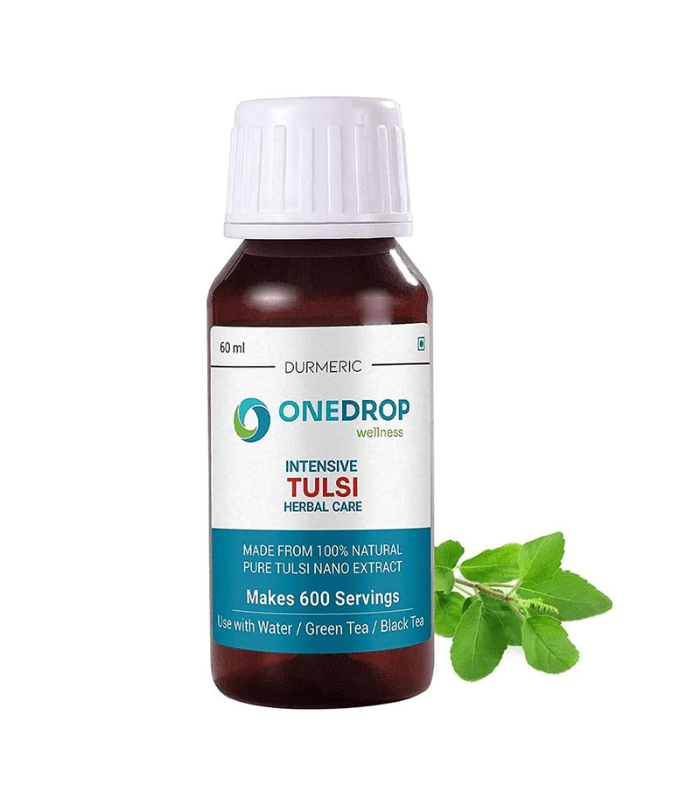 OneDrop Tulsi Holy Basil Herbal Care Drops 60ml - Makes 600 Servings
₹482
OneDrop Tulsi Holy Basil Herbal Care Drops 60ml - Makes 600 Servings
₹482
-
 Veet Full Body Waxing Kit for Sensitive Skin - 20 Strips (Pack of 3)
₹747
Veet Full Body Waxing Kit for Sensitive Skin - 20 Strips (Pack of 3)
₹747
-
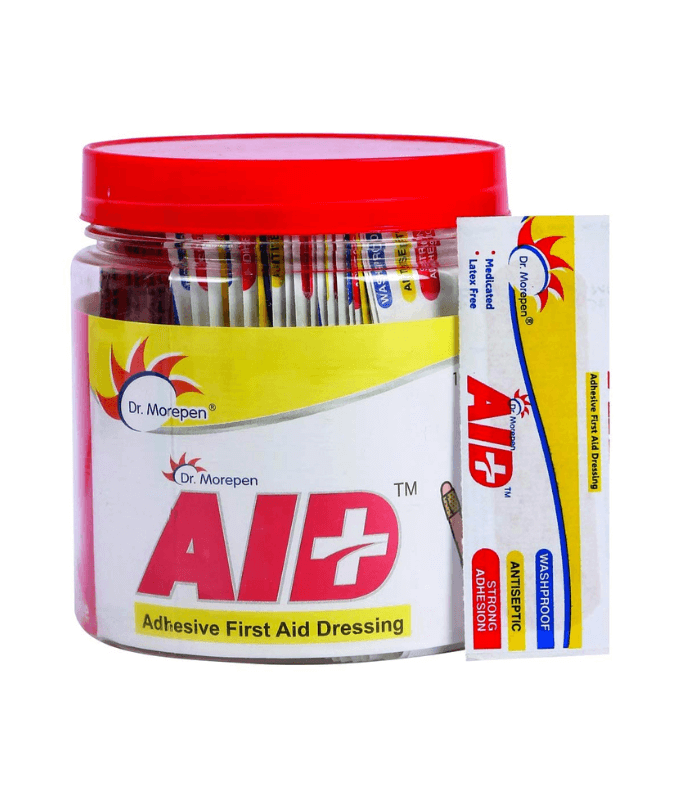 Waterproof Band Aid Strips | Flexible + Breathable Protection for First Aid & Wound Care
₹291
Waterproof Band Aid Strips | Flexible + Breathable Protection for First Aid & Wound Care
₹291
-
 Durex Lube Stimulating Massage and Lubricant Gel for Men & Women - 200ml Water based lube
₹740
Durex Lube Stimulating Massage and Lubricant Gel for Men & Women - 200ml Water based lube
₹740 ₹846 -
 Mamaearth Natural Breathe Easy Vapour Rub Balm, with Wintergreen, Eucalyptus and Tulsi
₹189
Mamaearth Natural Breathe Easy Vapour Rub Balm, with Wintergreen, Eucalyptus and Tulsi
₹189 ₹422 -
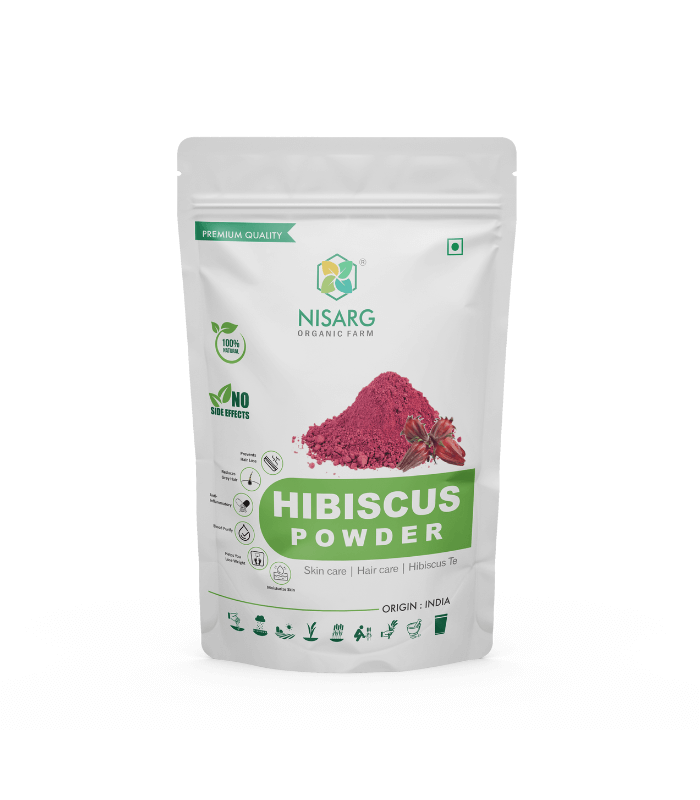 Nisarg Organic Hibiscus Powder
₹220 – ₹1,720
Nisarg Organic Hibiscus Powder
₹220 – ₹1,720
-
 Ozocheck Digital Thermometer with Flexible Tip & Fever Alarm | Waterproof & 10s Reading (White)
₹232
Ozocheck Digital Thermometer with Flexible Tip & Fever Alarm | Waterproof & 10s Reading (White)
₹232 ₹263 -
 Dr. Morepen Bp02 Automatic Blood Pressure Monitor (White)
₹1,349
Dr. Morepen Bp02 Automatic Blood Pressure Monitor (White)
₹1,349 ₹2,648 -
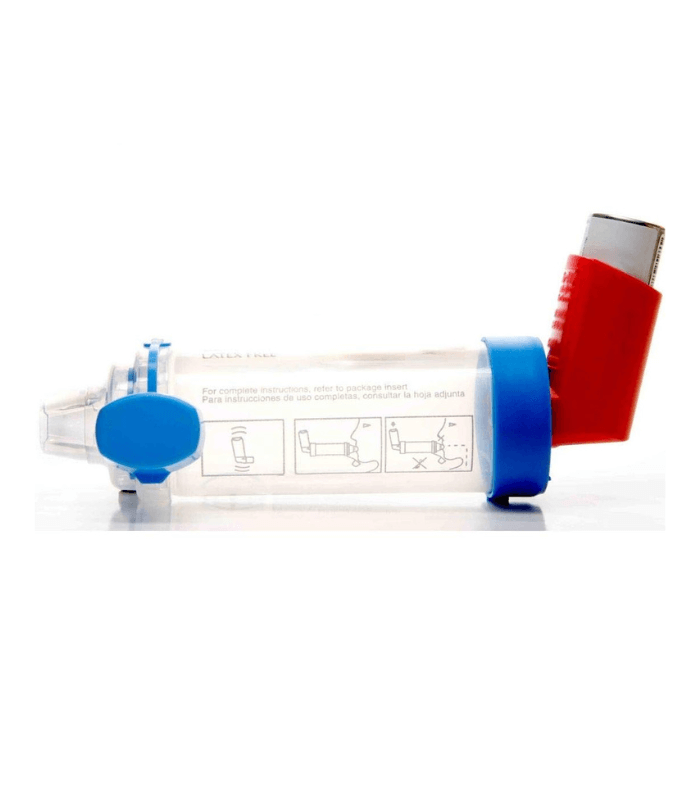 Exfolite Mouthpiece Metered Dose Inhaler Asthma Spacer for Kids Adults (Inhaler not Included)
₹475
Exfolite Mouthpiece Metered Dose Inhaler Asthma Spacer for Kids Adults (Inhaler not Included)
₹475 ₹952 -
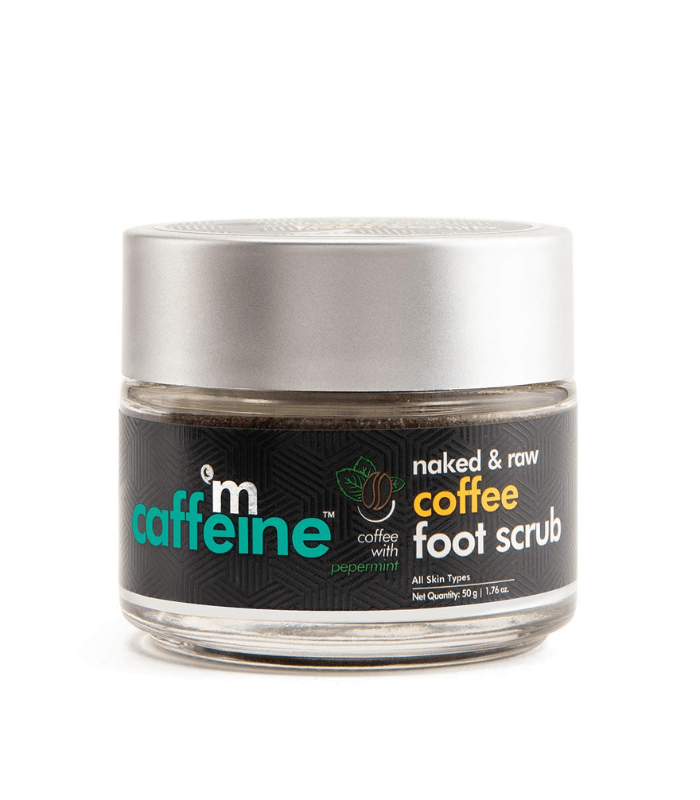 mCaffeine Coffee Foot Scrub (50gm) for Exfoliation and Polishing | Natural, Vegan & Paraben Free
₹528
mCaffeine Coffee Foot Scrub (50gm) for Exfoliation and Polishing | Natural, Vegan & Paraben Free
₹528 ₹846 -
 Digolex Gel Bunion Guard, Corrector, Toe Spreader (One Pair) Pain Relief from.
₹111
Digolex Gel Bunion Guard, Corrector, Toe Spreader (One Pair) Pain Relief from.
₹111 ₹210 -
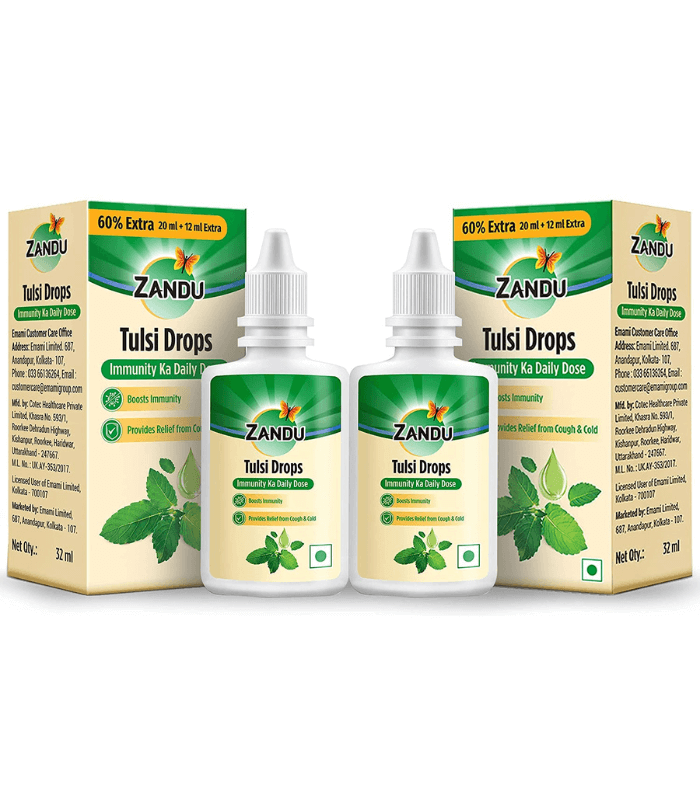 Zandu Tulsi Drops - 60% EXTRA with 2X Immunity, Powerful Cough & Cold Relief drops - 32ml (Pack of 2)
₹347
Zandu Tulsi Drops - 60% EXTRA with 2X Immunity, Powerful Cough & Cold Relief drops - 32ml (Pack of 2)
₹347
Treatment
-
 Maha Herbals Maha Medohar Tablet - 60 Tablets
₹238
Maha Herbals Maha Medohar Tablet - 60 Tablets
₹238 ₹279 -
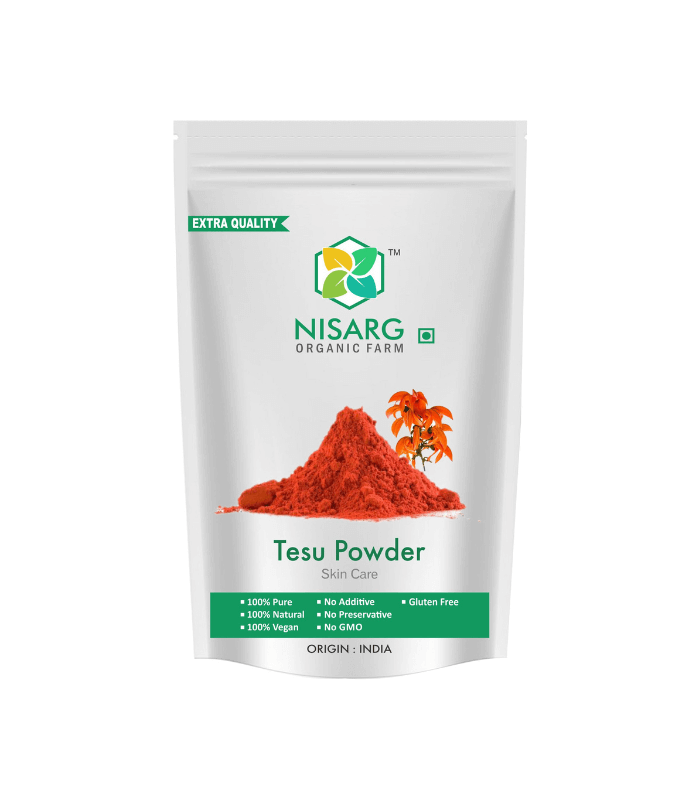 Nisarg Organic Tesu Powder
₹190 – ₹1,420
Nisarg Organic Tesu Powder
₹190 – ₹1,420
-
 Curkey | 5 strips of 10 pastilles each | Quick Relief from Sore Throat | Fights Viral & Bacterial Infections- Cough & Cold | Builds Respiratory Immunity
₹980
Curkey | 5 strips of 10 pastilles each | Quick Relief from Sore Throat | Fights Viral & Bacterial Infections- Cough & Cold | Builds Respiratory Immunity
₹980
-
 Sruthi Herbal Laboratories Asthma Capsule | 100% Natural & Ayurvedic | Relief from breath shortness, Congestion, Respiratory Disorder
₹422
Sruthi Herbal Laboratories Asthma Capsule | 100% Natural & Ayurvedic | Relief from breath shortness, Congestion, Respiratory Disorder
₹422 ₹508 -
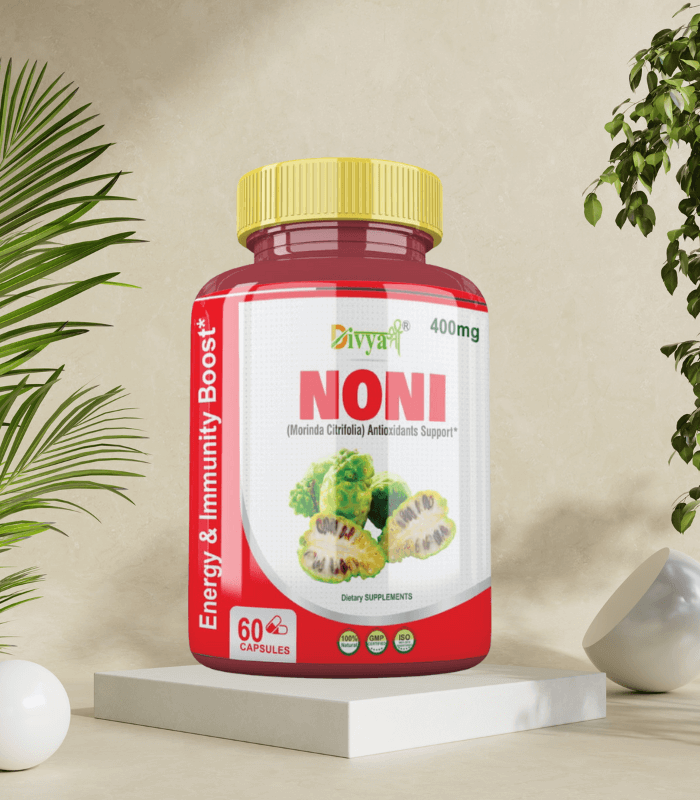 Divya Shree Noni Capsule Prevents Arthritis | Improves Skin Help To Lipid Profiles, Extract Dietary Supplement - 60 Capsules - Jeevan Care Ayurveda
₹899
Divya Shree Noni Capsule Prevents Arthritis | Improves Skin Help To Lipid Profiles, Extract Dietary Supplement - 60 Capsules - Jeevan Care Ayurveda
₹899 ₹999 -
 Hot & Cold Gel Pack For Pain Relief with Gel | Ice Pack Cold Compress & Heat Hot Packs (Pack of 2)
₹316
Hot & Cold Gel Pack For Pain Relief with Gel | Ice Pack Cold Compress & Heat Hot Packs (Pack of 2)
₹316
-
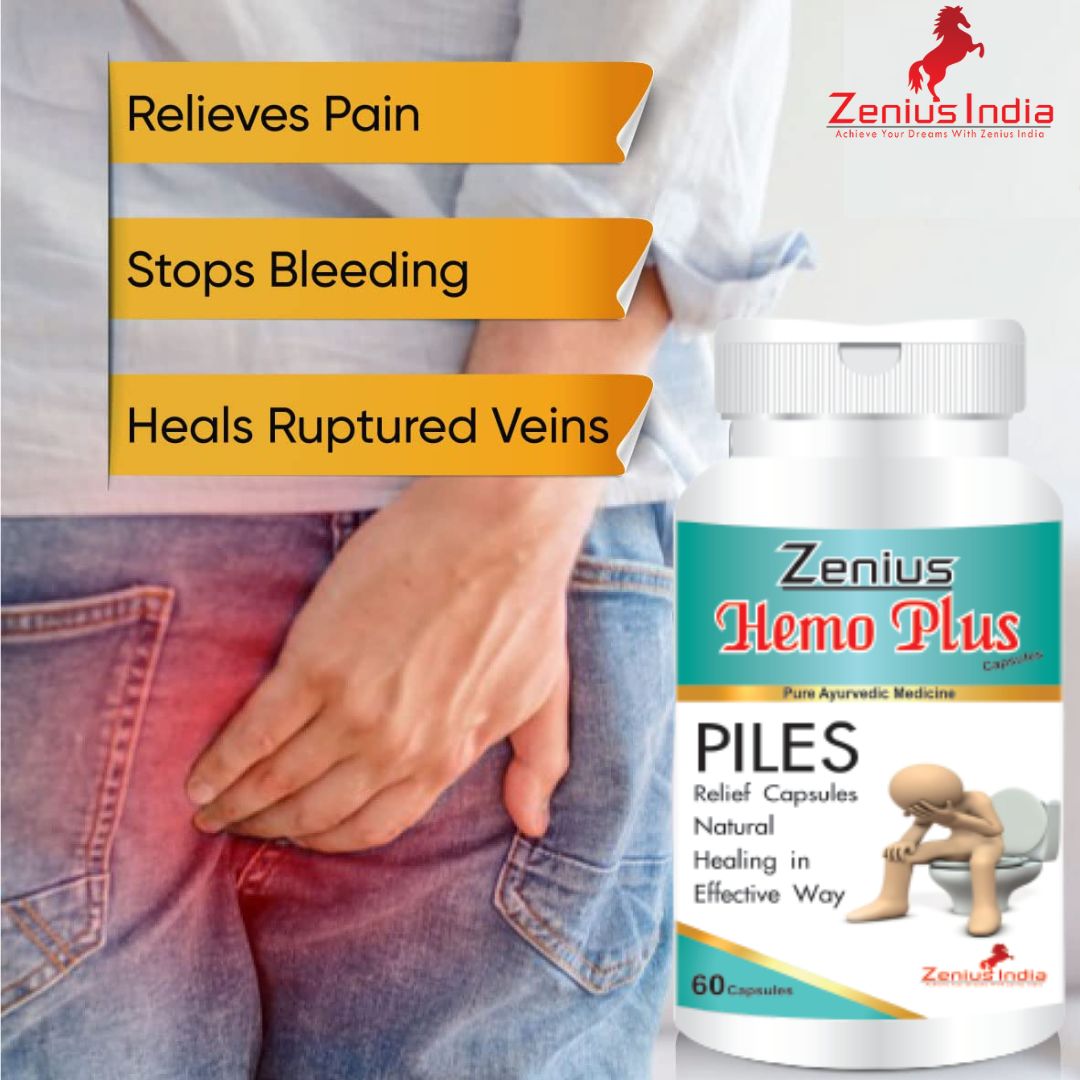 Zenius Hemo Plus Capsule - Piles Treatment Medicine (60 Capsules)
₹799
Zenius Hemo Plus Capsule - Piles Treatment Medicine (60 Capsules)
₹799 ₹1,599 -
 Control D Blue Digital Glucose Blood Sugar Monitor Machine + 50 Strips of glucometer
₹791
Control D Blue Digital Glucose Blood Sugar Monitor Machine + 50 Strips of glucometer
₹791 ₹1,553
On Sale
-
 HEALTHMEDS Omega-3 Fish Oil Fatty Acids 360mg EPA & 240mg DHA for Healthy Heart, Better Skin, Bones, Joint Care & Eye Health -1000mg 60 Caps (Pack of 1)
₹390
HEALTHMEDS Omega-3 Fish Oil Fatty Acids 360mg EPA & 240mg DHA for Healthy Heart, Better Skin, Bones, Joint Care & Eye Health -1000mg 60 Caps (Pack of 1)
₹390 ₹749 -
 KamaSutra Longlast Condoms (Pack of 12)
₹136
KamaSutra Longlast Condoms (Pack of 12)
₹136 ₹251 -
 Sultan Night Green Tea with Tulsi Mixture for Weight Loss & Immunity - Buy 1 Get 1 Free
₹1,230
Sultan Night Green Tea with Tulsi Mixture for Weight Loss & Immunity - Buy 1 Get 1 Free
₹1,230 ₹1,250 -
 Zenius Joint Care Kit - Joint Pain Treatment | Joint support supplement (60 Capsule + 60ml Oil)
₹1,299
Zenius Joint Care Kit - Joint Pain Treatment | Joint support supplement (60 Capsule + 60ml Oil)
₹1,299 ₹2,598 -
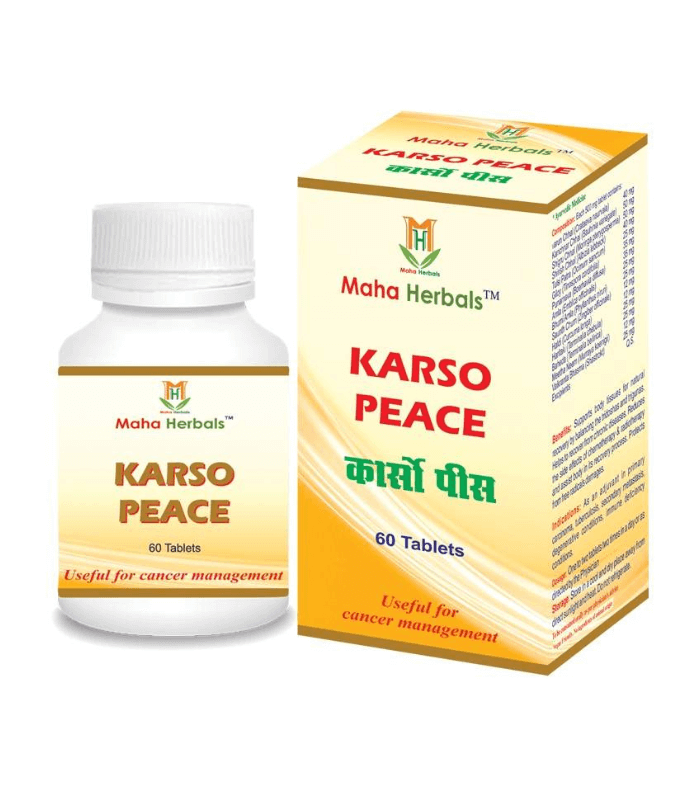 Maha Herbals Karso Peace Tablet - 60 Tablets
₹268
Maha Herbals Karso Peace Tablet - 60 Tablets
₹268 ₹315 -
 Life of Riley UV Sterilizer Coating Machine | Portable Electric Box for Cell Phone, Mask, Glasses | Kills Germs Viruses & Bacteria (White)
₹3,499
Life of Riley UV Sterilizer Coating Machine | Portable Electric Box for Cell Phone, Mask, Glasses | Kills Germs Viruses & Bacteria (White)
₹3,499 ₹3,999 -
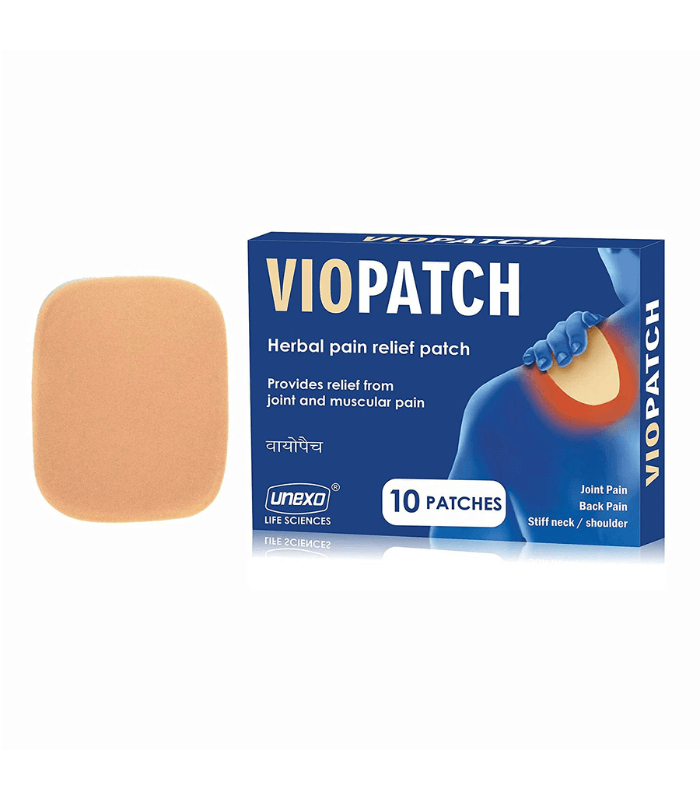 Viopatch Herbal Pain Relief Patch | Instant Relief from Muscular Pain & Joint Pain | No Side Effects
₹318
Viopatch Herbal Pain Relief Patch | Instant Relief from Muscular Pain & Joint Pain | No Side Effects
₹318 ₹636 -
 Mahalaxmi Sultan Night Spray : For Harder & Long-lasting Erection - 20ml
₹1,399
Mahalaxmi Sultan Night Spray : For Harder & Long-lasting Erection - 20ml
₹1,399 ₹1,499 -
 Maha Herbals Renal Peace Tablet - 60 Tablets
₹153
Maha Herbals Renal Peace Tablet - 60 Tablets
₹153 ₹180 -
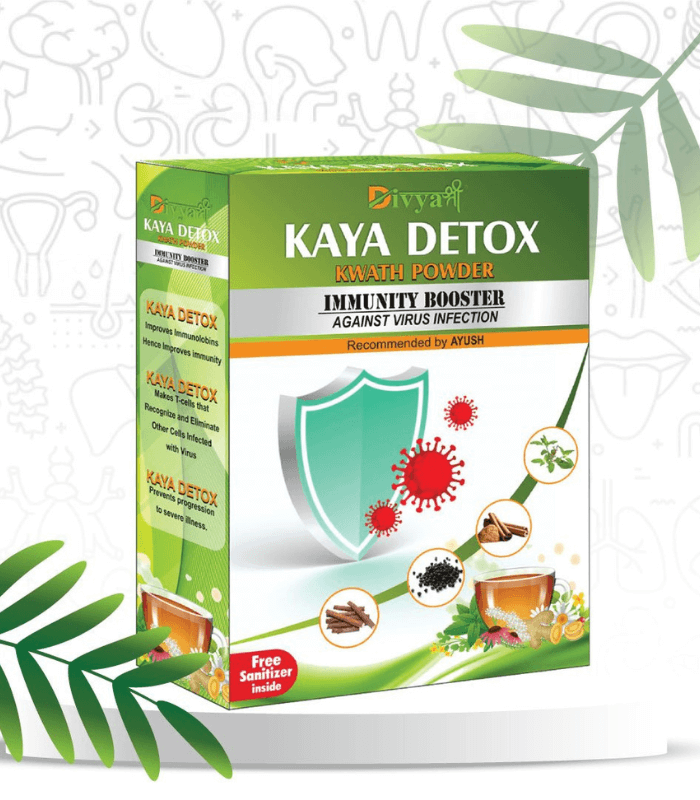 Divya Shree Kaya Detox Kwath Kadha Immunity Booster, Stress Relief, Natural Herbal Powder by Jeevan Care Ayurveda
₹999
Divya Shree Kaya Detox Kwath Kadha Immunity Booster, Stress Relief, Natural Herbal Powder by Jeevan Care Ayurveda
₹999 ₹1,199 -
 Zenius Hair O Care Capsule for hair growth capsules | Hair fall treatment (60 Capsules)
₹799
Zenius Hair O Care Capsule for hair growth capsules | Hair fall treatment (60 Capsules)
₹799 ₹1,599 -
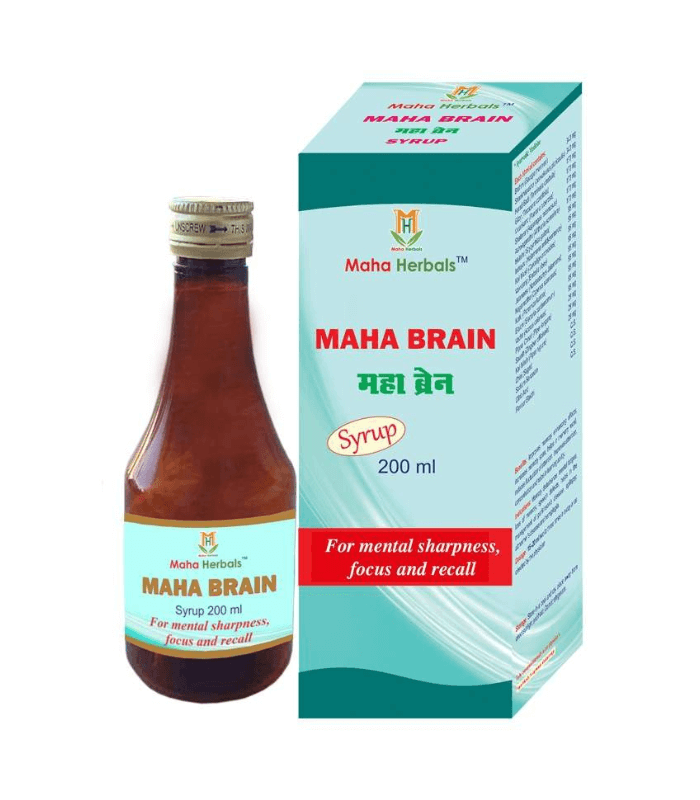 Maha Herbals Maha Brain Syrup - 200ml
₹167
Maha Herbals Maha Brain Syrup - 200ml
₹167 ₹198 -
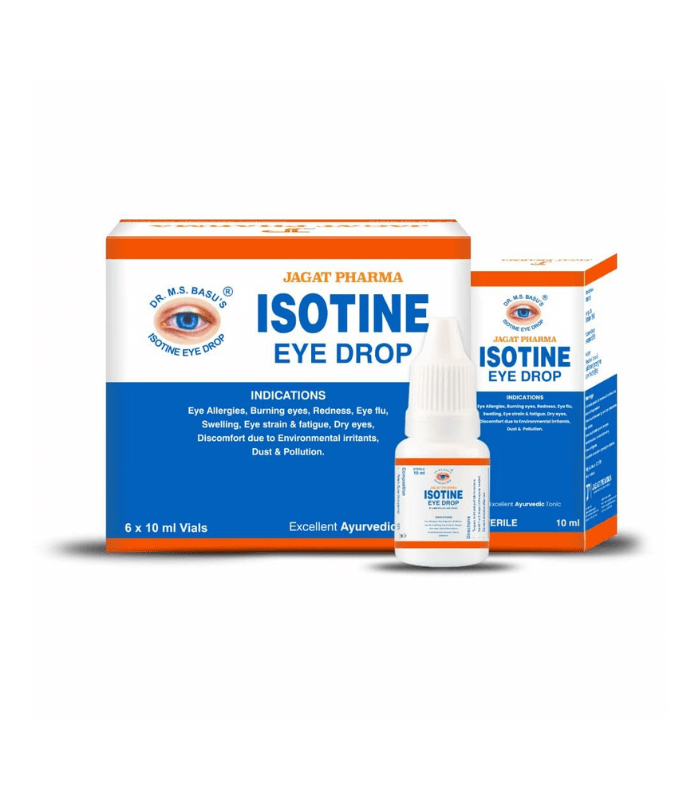 Isotine Eye Drop 100% Ayurvedic with no side effects - Pack of 6 Vials
₹387
Isotine Eye Drop 100% Ayurvedic with no side effects - Pack of 6 Vials
₹387 ₹583 -
 Mahalaxmi Ayurveda Breast Up Capsule - Natural Way to Breast Enlargement
₹1,230
Mahalaxmi Ayurveda Breast Up Capsule - Natural Way to Breast Enlargement
₹1,230 ₹1,250 -
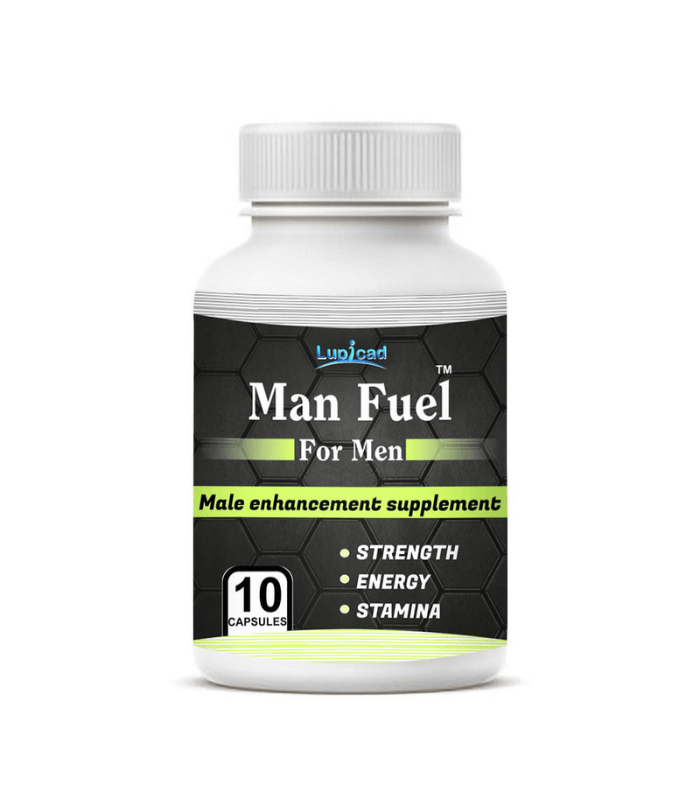 Lupicad Man Fuel to Increase Sexual Stamina & Timing - 10 Capsules
₹1,399
Lupicad Man Fuel to Increase Sexual Stamina & Timing - 10 Capsules
₹1,399 ₹1,499 -
 Mate To Crème Matte | Hydrating Matte Lipstick - 01 Adorable
₹699
Mate To Crème Matte | Hydrating Matte Lipstick - 01 Adorable
₹699 ₹799
Top Rated
-
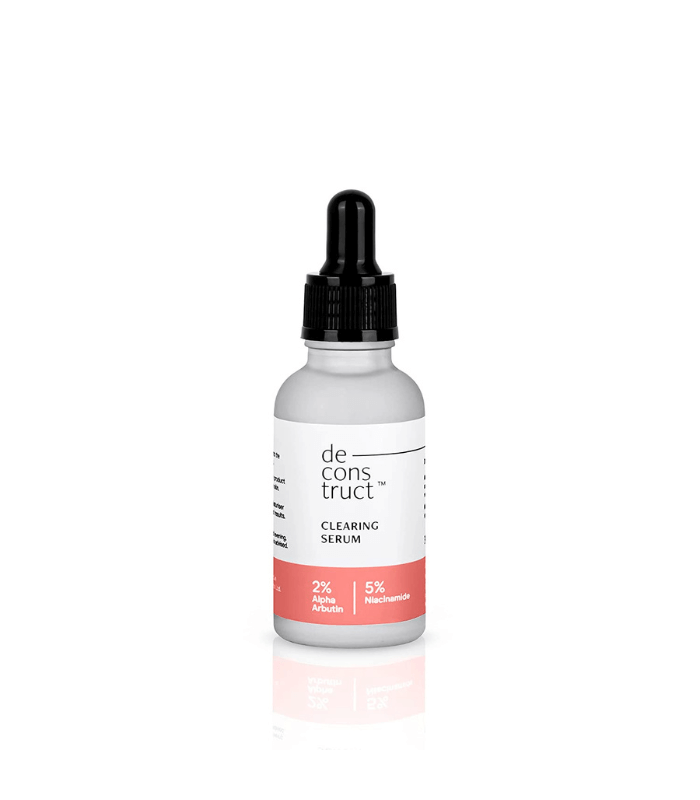 Deconstruct Clearing Serum 2% Alpha Arbutin + 5% Niacinamide | Anti - Pigmentation & Tanning Face Serum | 30ml
Rated 5.00 out of 5₹740
Deconstruct Clearing Serum 2% Alpha Arbutin + 5% Niacinamide | Anti - Pigmentation & Tanning Face Serum | 30ml
Rated 5.00 out of 5₹740 -
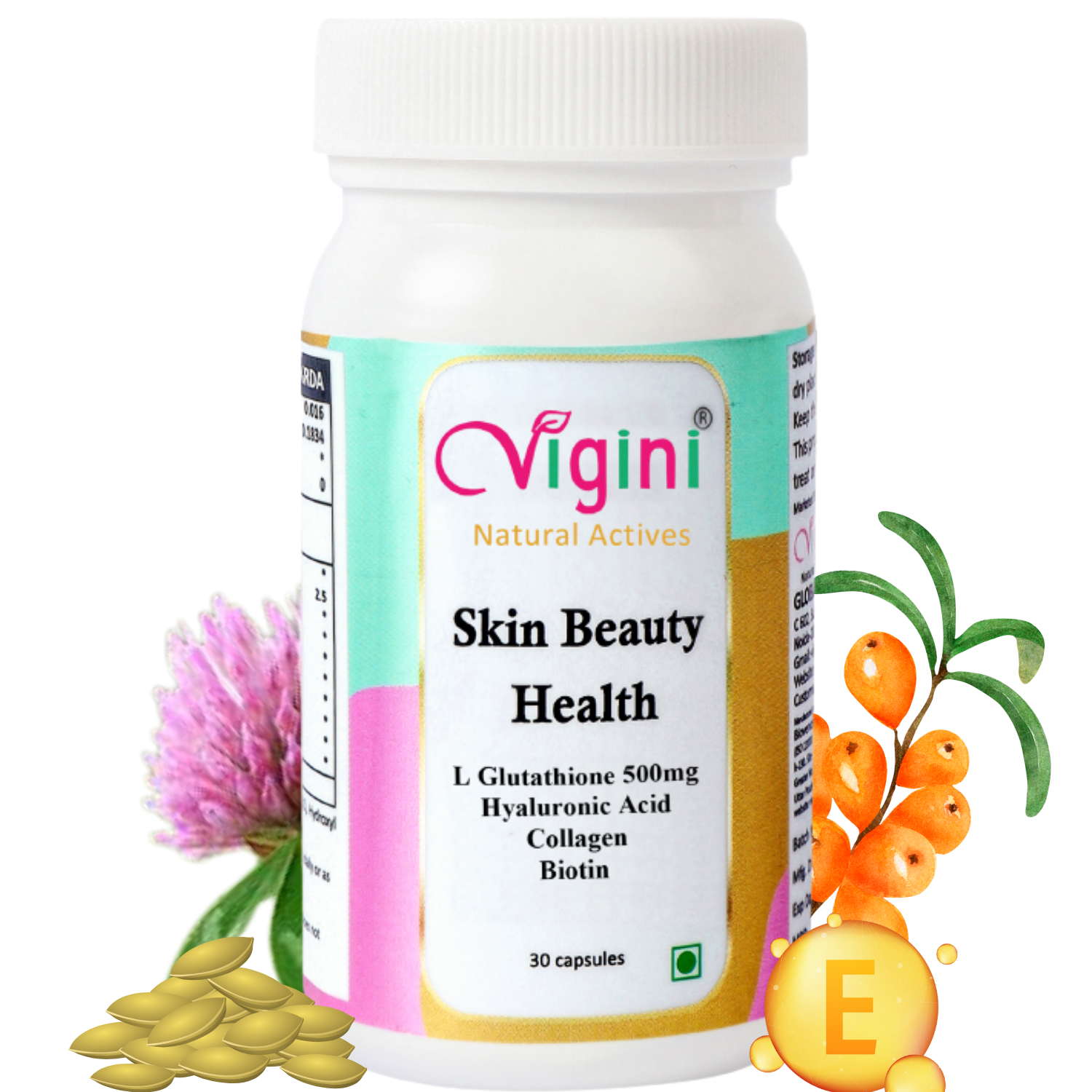 Vigini Skin Whitening L Glutathione 500mg Radiance Glowing Body Lightening & Brightening Capsules - Pack of 30 Capsules
Rated 4.67 out of 5₹549
Vigini Skin Whitening L Glutathione 500mg Radiance Glowing Body Lightening & Brightening Capsules - Pack of 30 Capsules
Rated 4.67 out of 5₹549₹1,225 -
 KHADI NATURAL Ayurvedic Herbal Face Wash, 210ml
Rated 4.67 out of 5₹174 – ₹251
KHADI NATURAL Ayurvedic Herbal Face Wash, 210ml
Rated 4.67 out of 5₹174 – ₹251 -
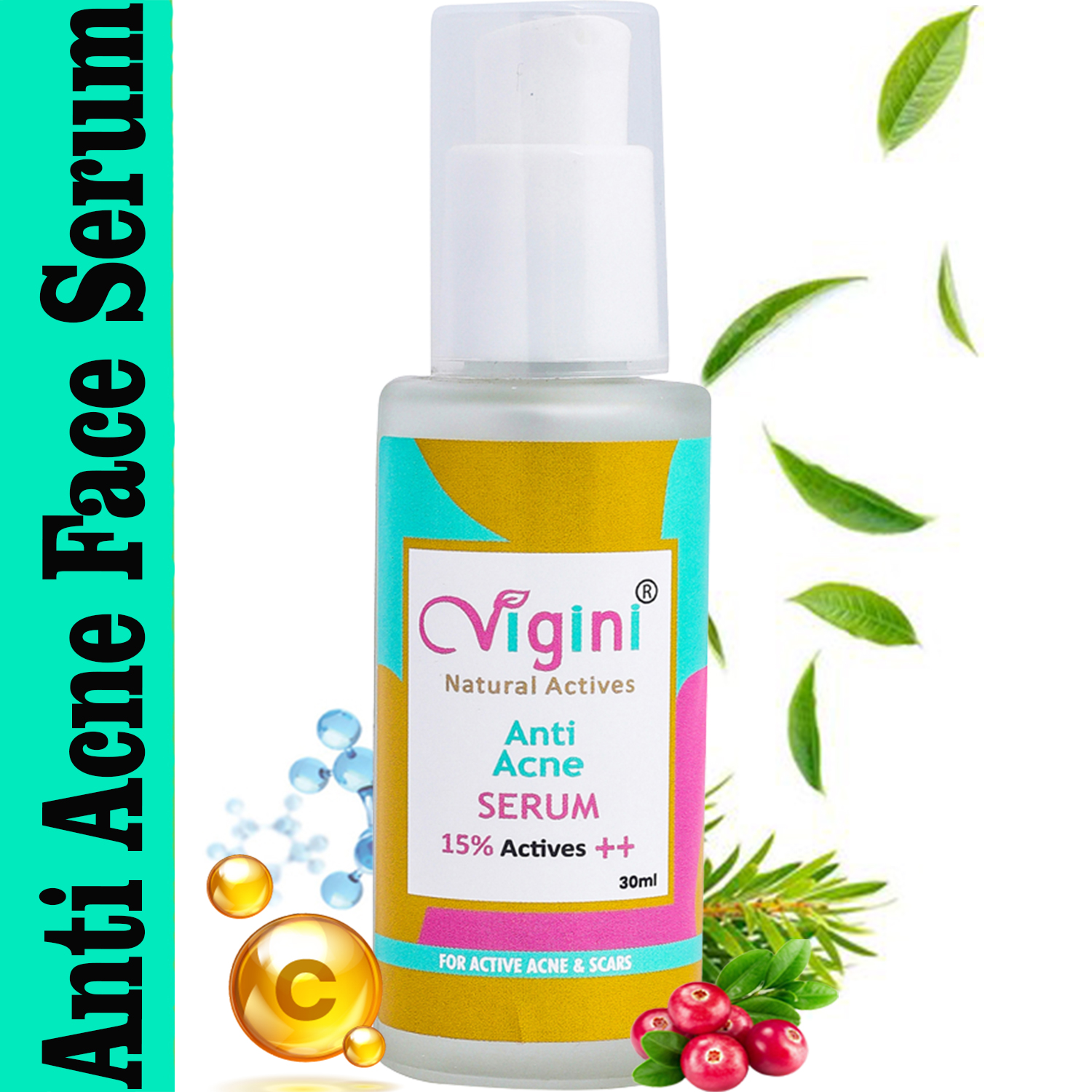 Vigini Anti-Acne Pimple & Scar, Blackheads, Blemishes Removal Serum for Men & Women - 30ml
Rated 4.67 out of 5₹369
Vigini Anti-Acne Pimple & Scar, Blackheads, Blemishes Removal Serum for Men & Women - 30ml
Rated 4.67 out of 5₹369₹625 -
 Blue Nectar Ayurvedic Sandalwood Face Cream for Skin Brightening & Glowing Skin | Day & Night Face Moisturizer for Daily Use (Women, 13 Herbs 50 g)
Rated 4.67 out of 5₹1,012
Blue Nectar Ayurvedic Sandalwood Face Cream for Skin Brightening & Glowing Skin | Day & Night Face Moisturizer for Daily Use (Women, 13 Herbs 50 g)
Rated 4.67 out of 5₹1,012₹1,367 -
 Urban Yog Nose Strips (4 Strips) Black/Whitehead Remover + BHA Serum to Treat Pores
Rated 4.50 out of 5₹263
Urban Yog Nose Strips (4 Strips) Black/Whitehead Remover + BHA Serum to Treat Pores
Rated 4.50 out of 5₹263 -
 2 Combo Set of Pen Reading Glasses for Near Vision, Tailoring: Power +1.00 +1.25 +1.50 +1.75 +2.00 +2.25 +2.50 +2.75 +3.00
Rated 4.50 out of 5₹463 – ₹478
2 Combo Set of Pen Reading Glasses for Near Vision, Tailoring: Power +1.00 +1.25 +1.50 +1.75 +2.00 +2.25 +2.50 +2.75 +3.00
Rated 4.50 out of 5₹463 – ₹478 -
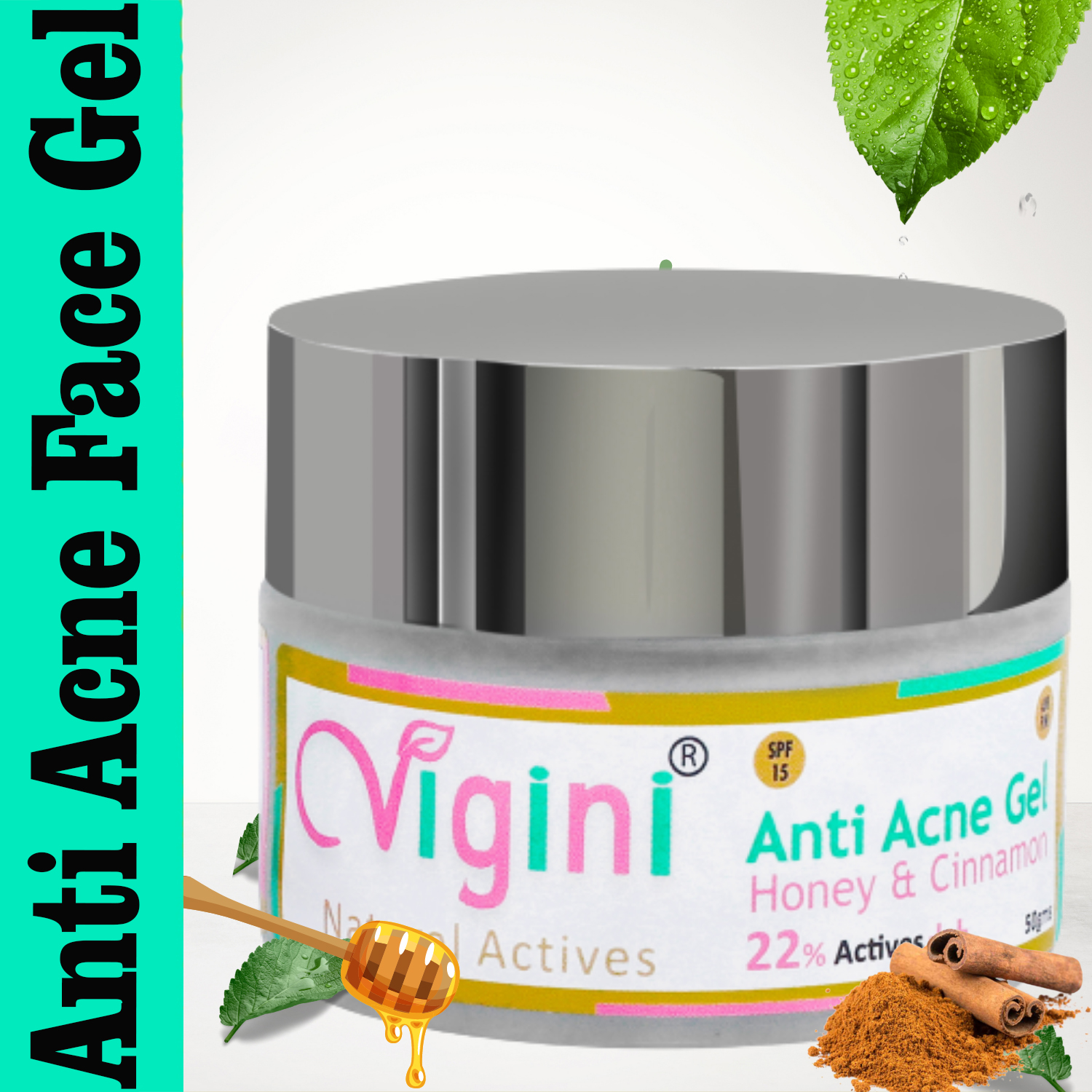 Vigini Anti-Acne Gel with Honey & Cinnamon | Removes Scars Pits from Pimple Prone Oily Skin - 50g
Rated 4.33 out of 5₹369
Vigini Anti-Acne Gel with Honey & Cinnamon | Removes Scars Pits from Pimple Prone Oily Skin - 50g
Rated 4.33 out of 5₹369₹625 -
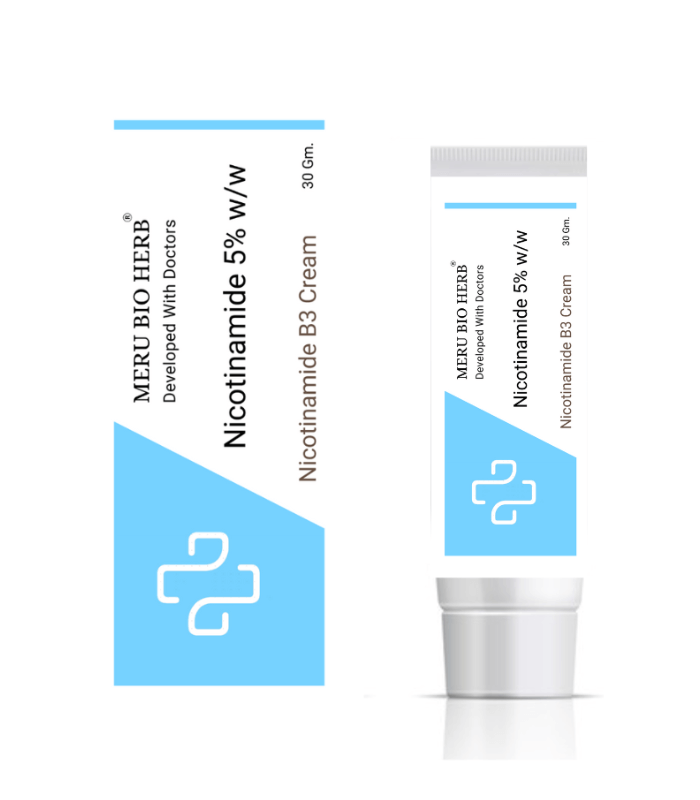 Nicotinamide Cream 5% w/w - 30g
Rated 4.33 out of 5₹400
Nicotinamide Cream 5% w/w - 30g
Rated 4.33 out of 5₹400₹600 -
 Vigini Foaming, Toning, Cleansing Face Wash & Serum Combo | Reduces Blackheads & Redness
Rated 4.33 out of 5₹698
Vigini Foaming, Toning, Cleansing Face Wash & Serum Combo | Reduces Blackheads & Redness
Rated 4.33 out of 5₹698₹1,050 -
 Bella Vita Organic De Tan Removal Face Pack For Glowing Skin, Oil Control, Acne, Pimples, Anti Blemishes, Pigmentation, Tanning & Brightening, 100 gms
Rated 4.33 out of 5₹528
Bella Vita Organic De Tan Removal Face Pack For Glowing Skin, Oil Control, Acne, Pimples, Anti Blemishes, Pigmentation, Tanning & Brightening, 100 gms
Rated 4.33 out of 5₹528 -
 Nisarg Organic Hemoglobin Supplements Powder
Rated 4.33 out of 5₹340 – ₹2,920
Nisarg Organic Hemoglobin Supplements Powder
Rated 4.33 out of 5₹340 – ₹2,920 -
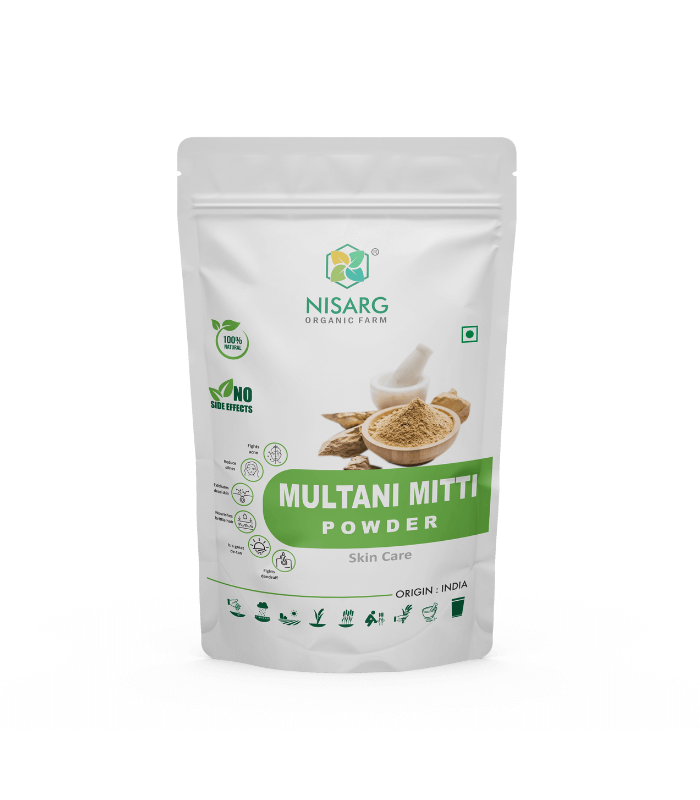 Nisarg Organic Multani Mitti
Rated 4.33 out of 5₹130 – ₹820
Nisarg Organic Multani Mitti
Rated 4.33 out of 5₹130 – ₹820 -
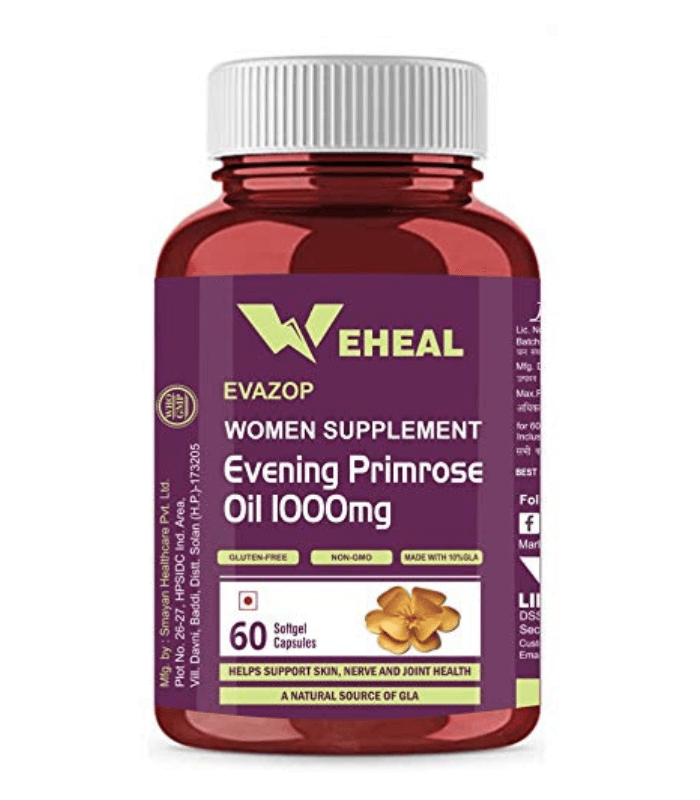 Weheal Evening Primrose Oil 1000MG- Women's Health (60 Softgel Capsules)
Rated 4.33 out of 5₹1,270
Weheal Evening Primrose Oil 1000MG- Women's Health (60 Softgel Capsules)
Rated 4.33 out of 5₹1,270 -
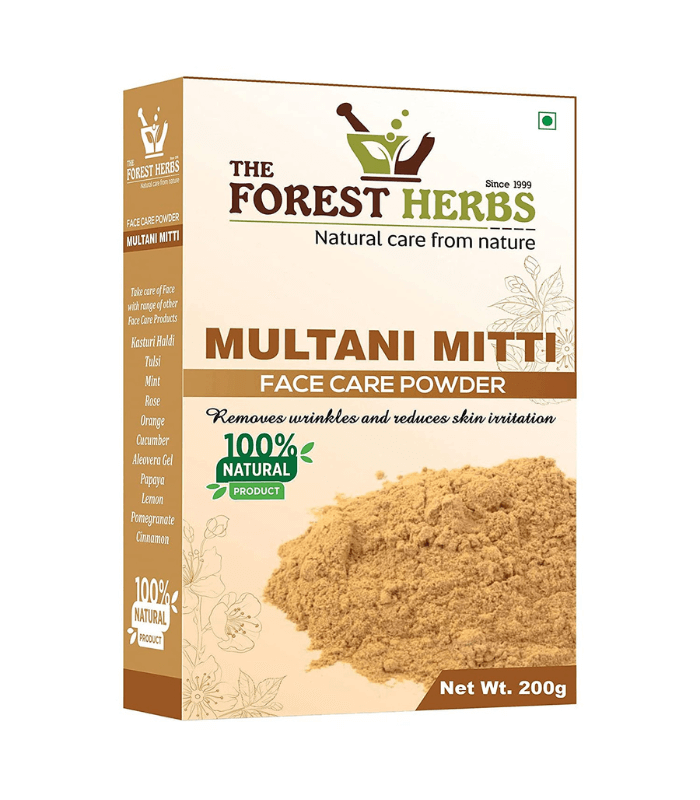 Multani Mitti Powder (Fullers Earth /Calcium Bentonite Clay) for Face & Hair - 200Gms
Rated 4.33 out of 5₹168
Multani Mitti Powder (Fullers Earth /Calcium Bentonite Clay) for Face & Hair - 200Gms
Rated 4.33 out of 5₹168 -
 Lotus Herbals Youthrx Anti Ageing Crème SPF 25 Pa+++ Preservative Free
Rated 4.33 out of 5₹780
Lotus Herbals Youthrx Anti Ageing Crème SPF 25 Pa+++ Preservative Free
Rated 4.33 out of 5₹780




















